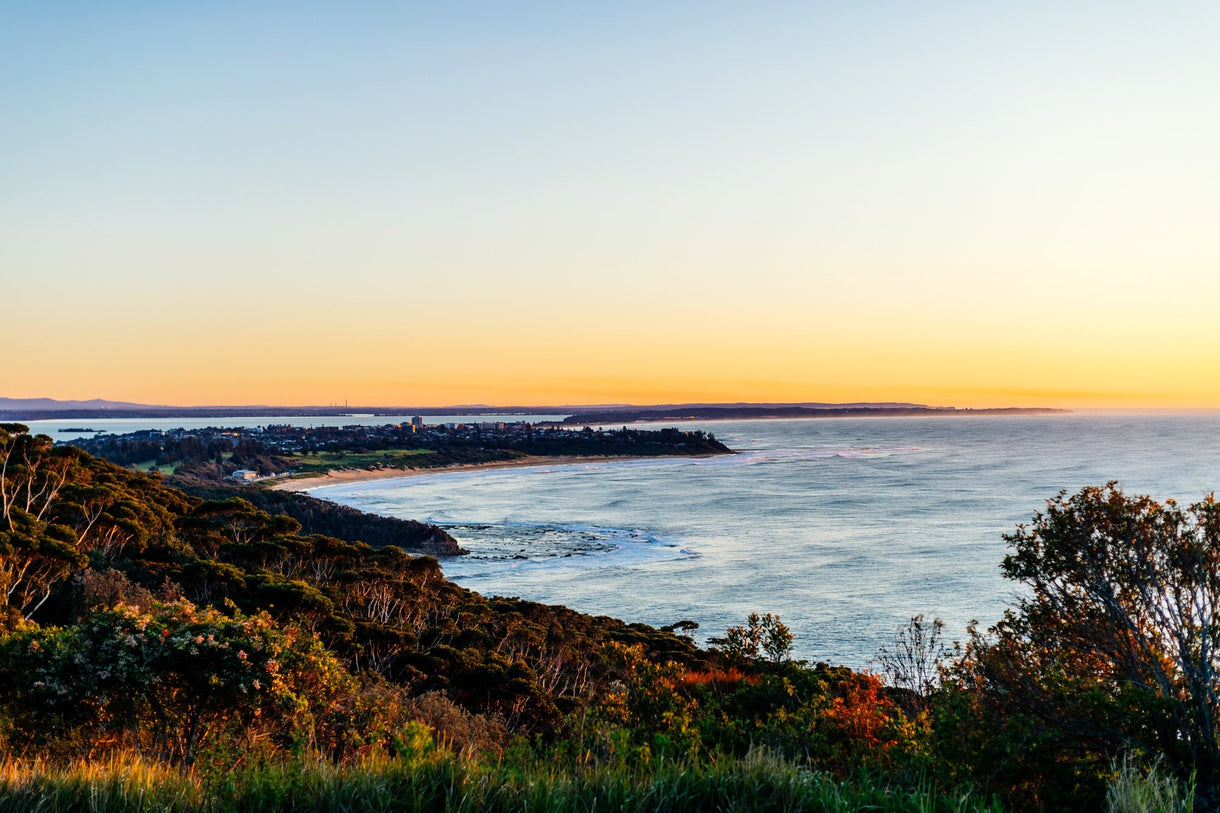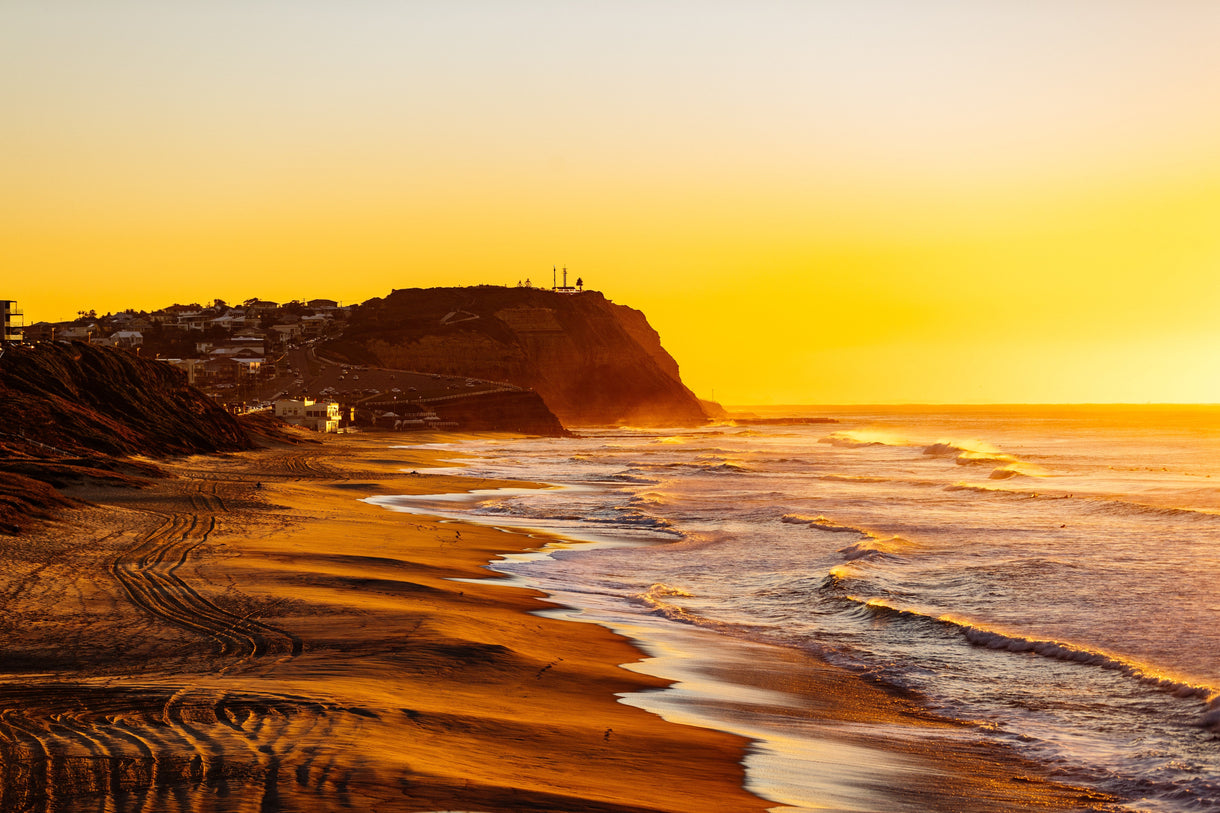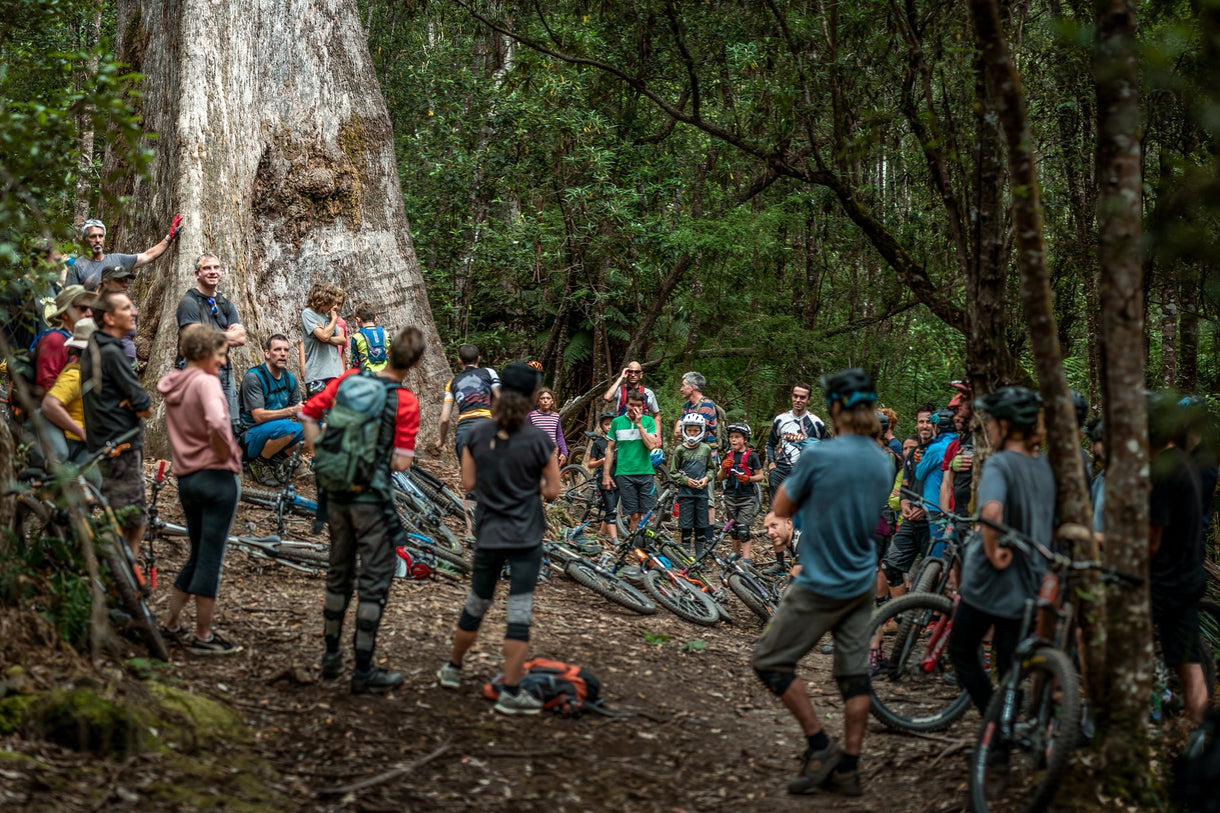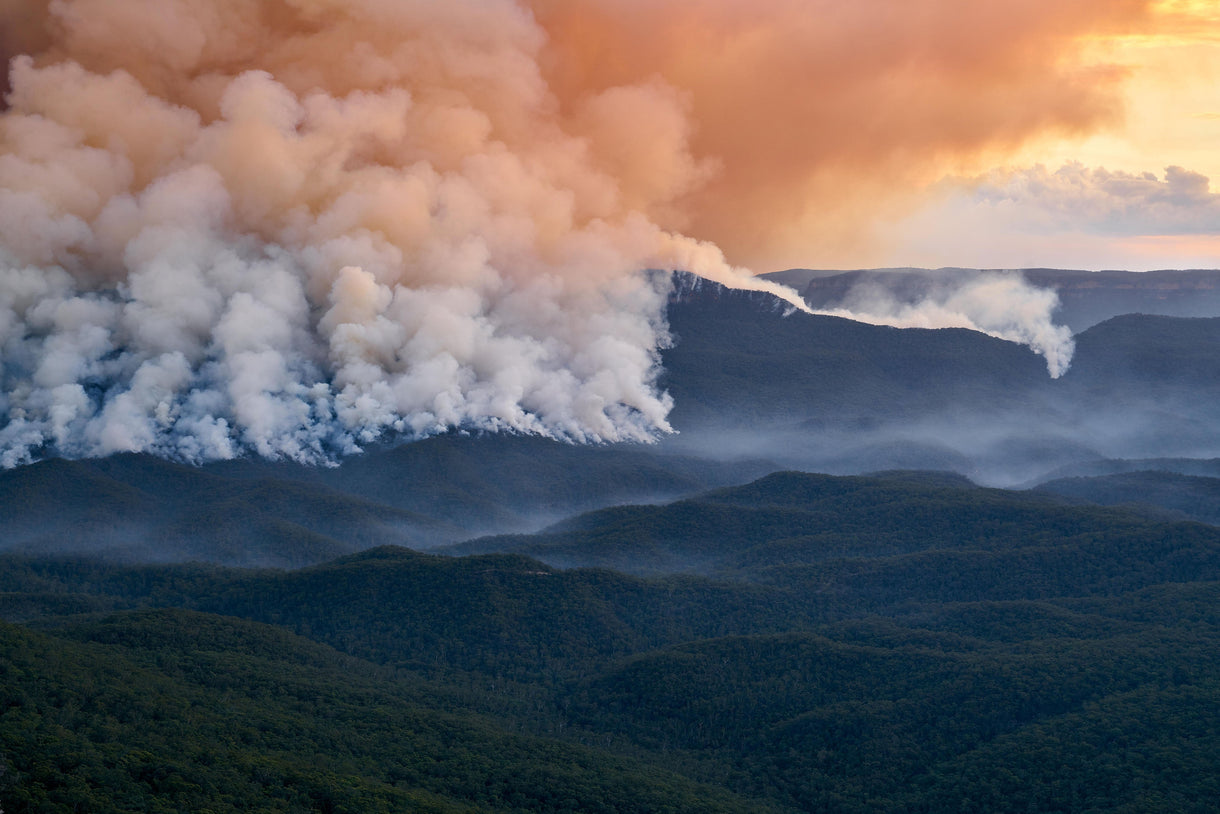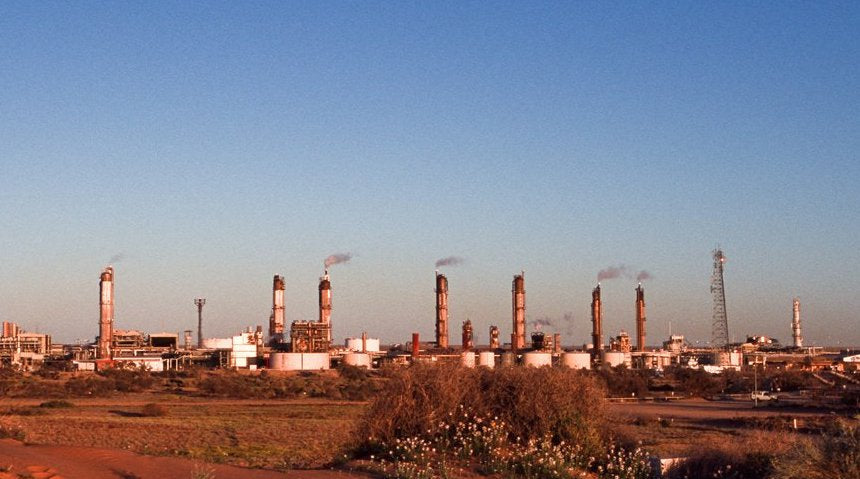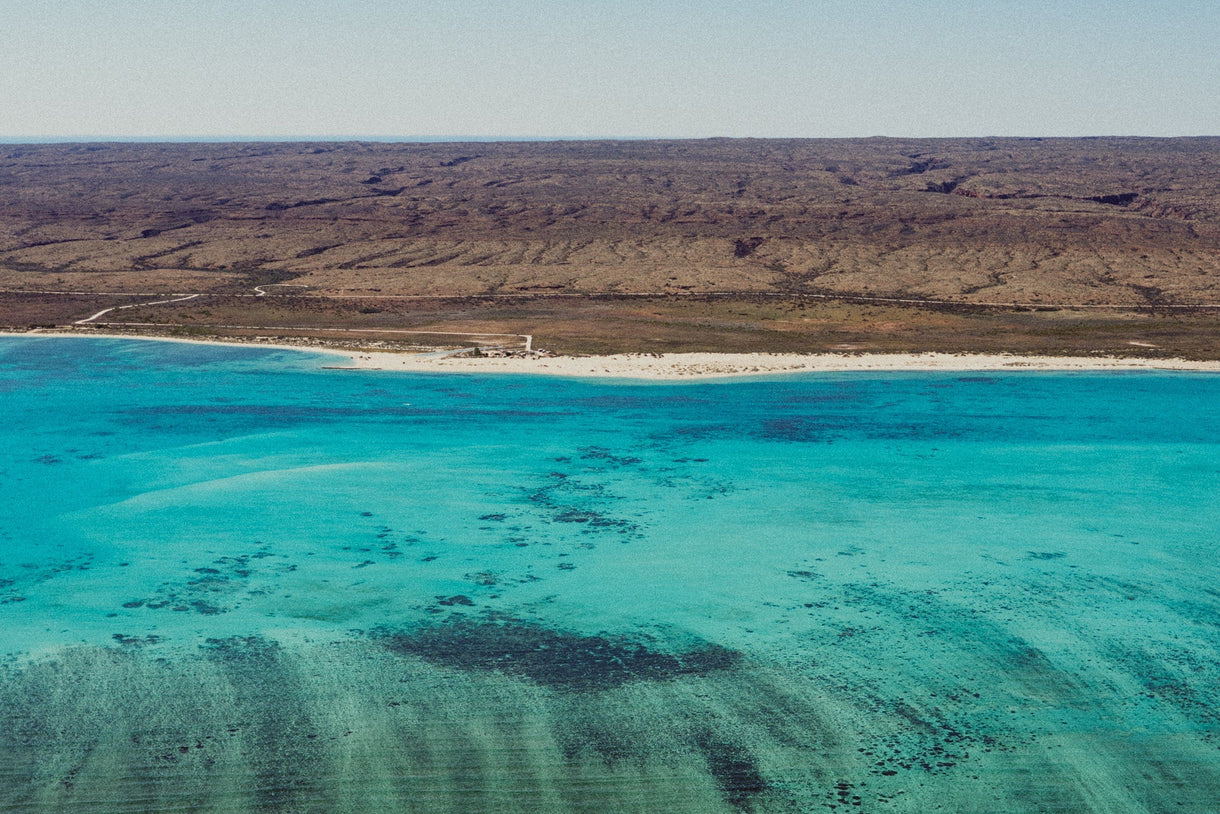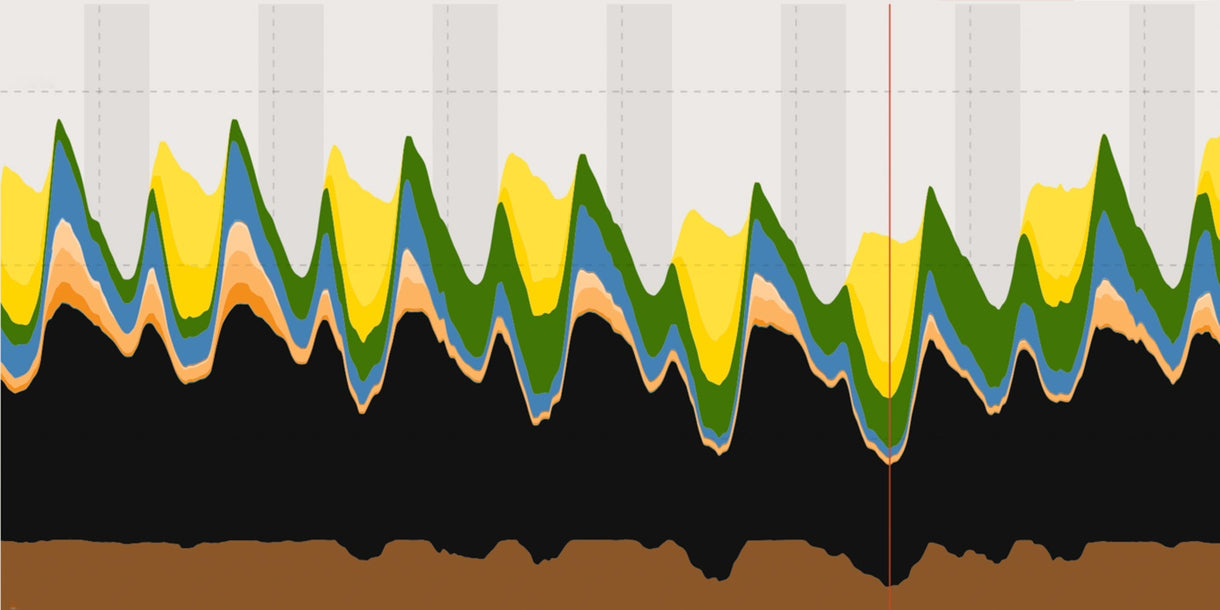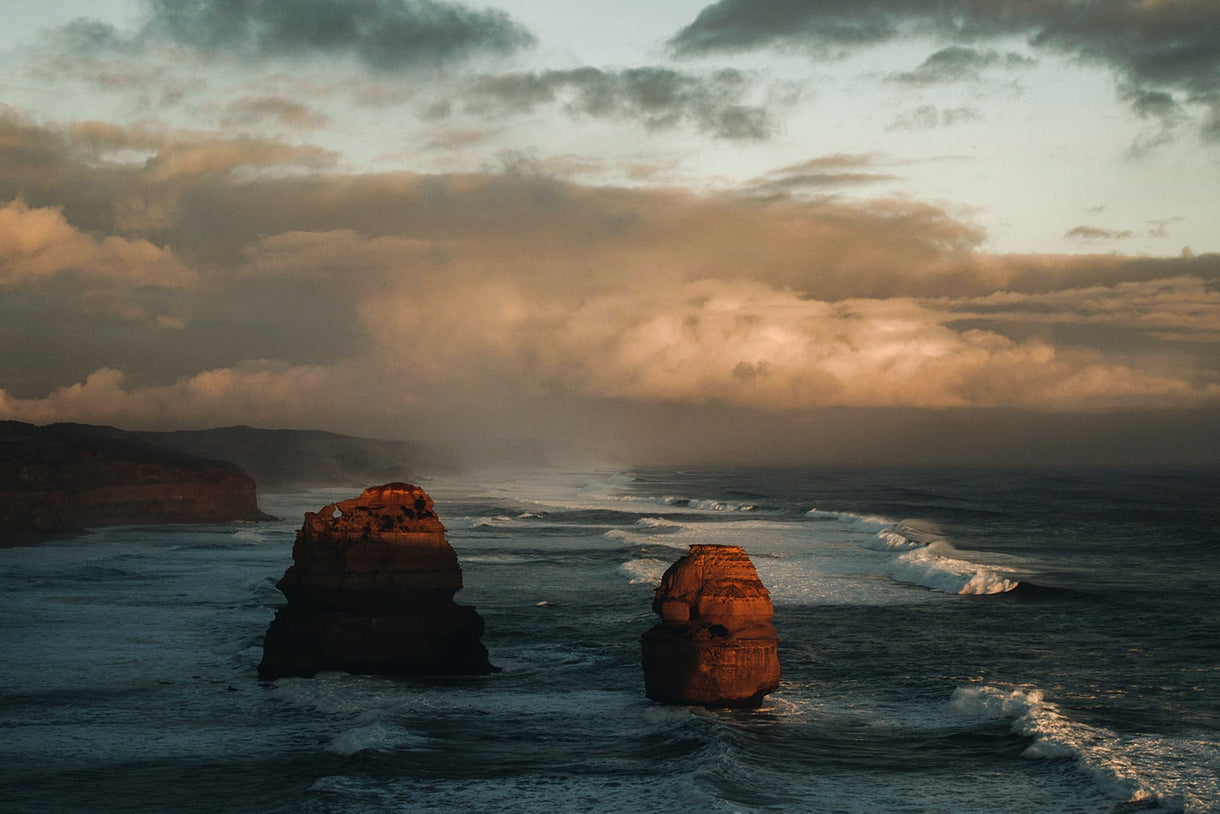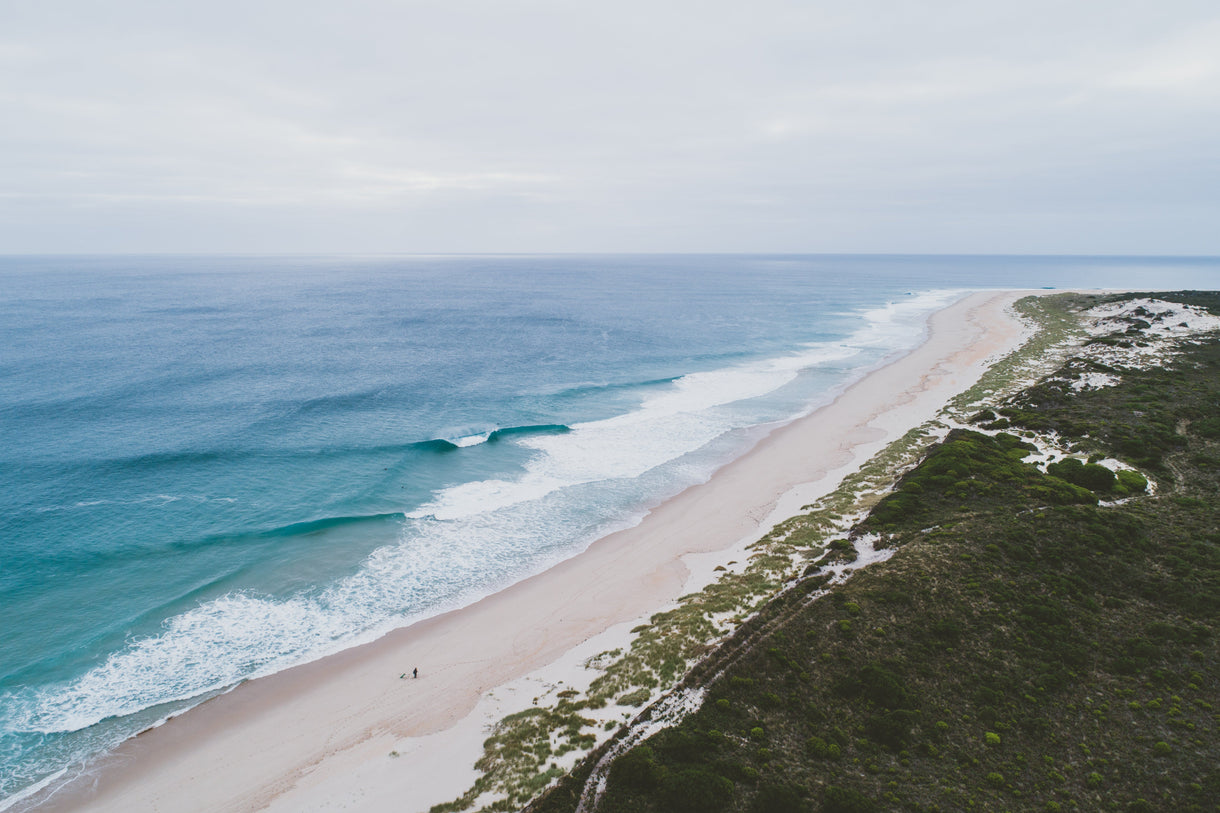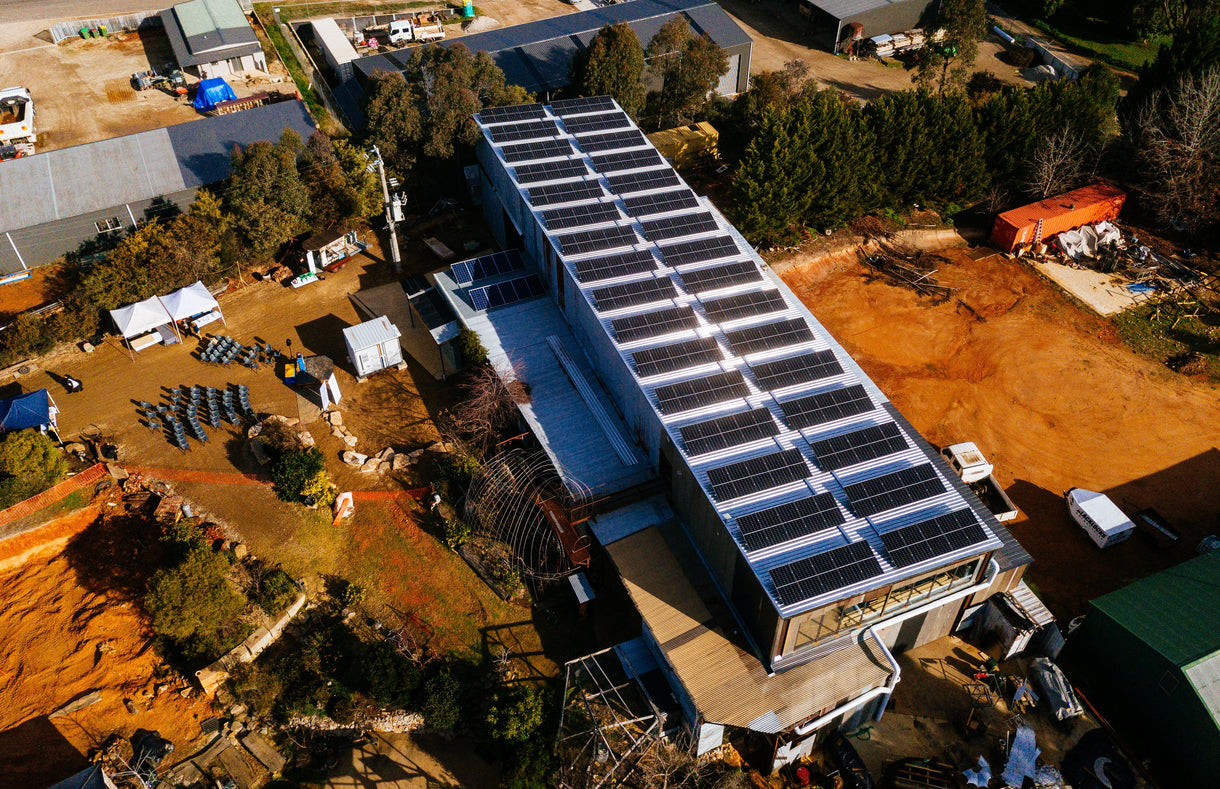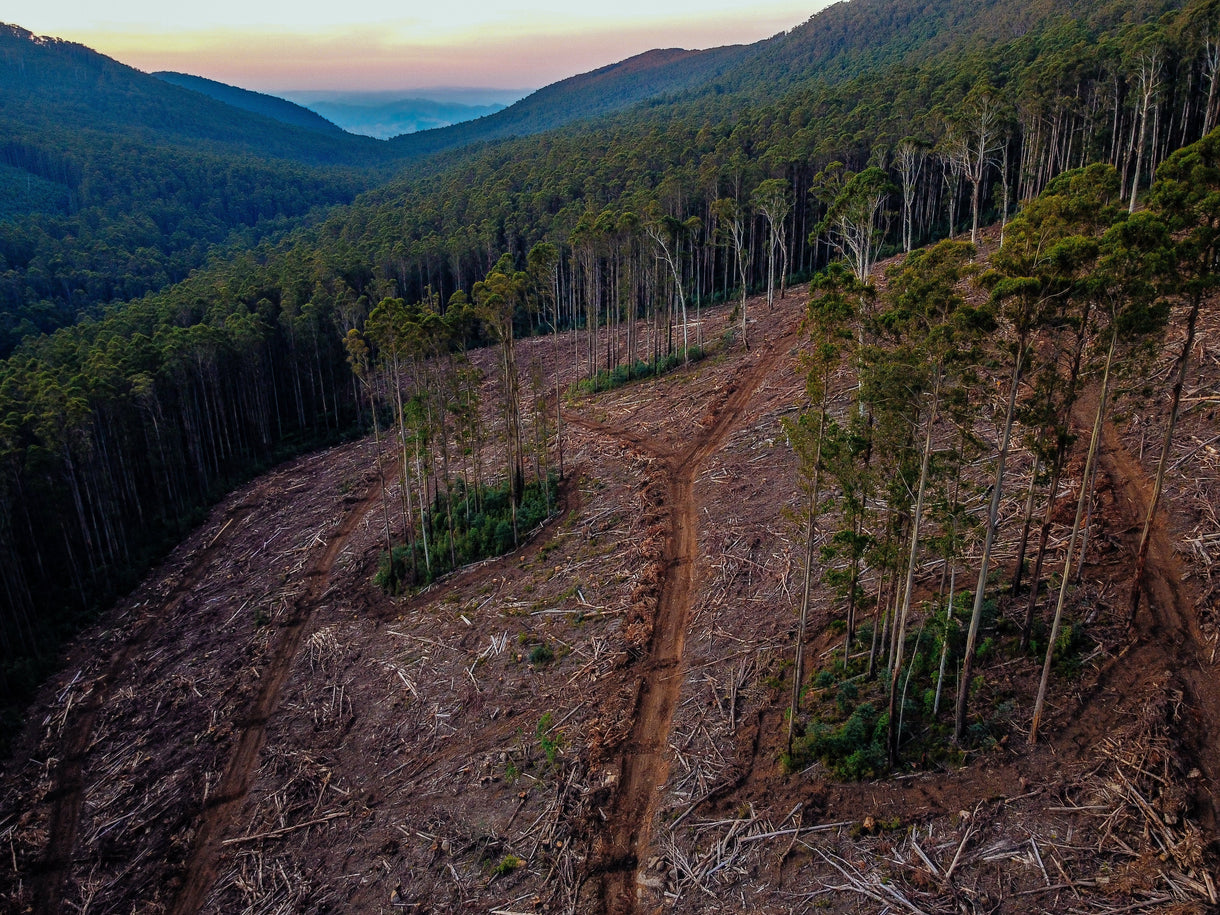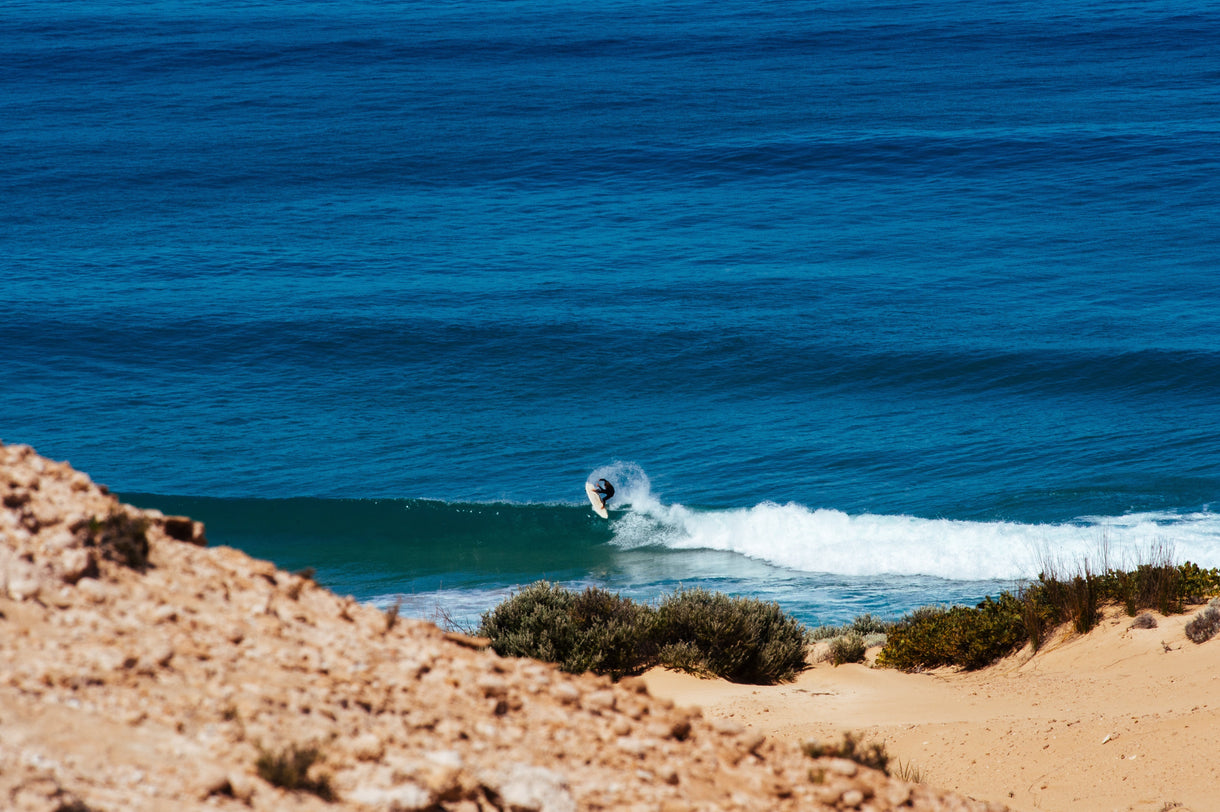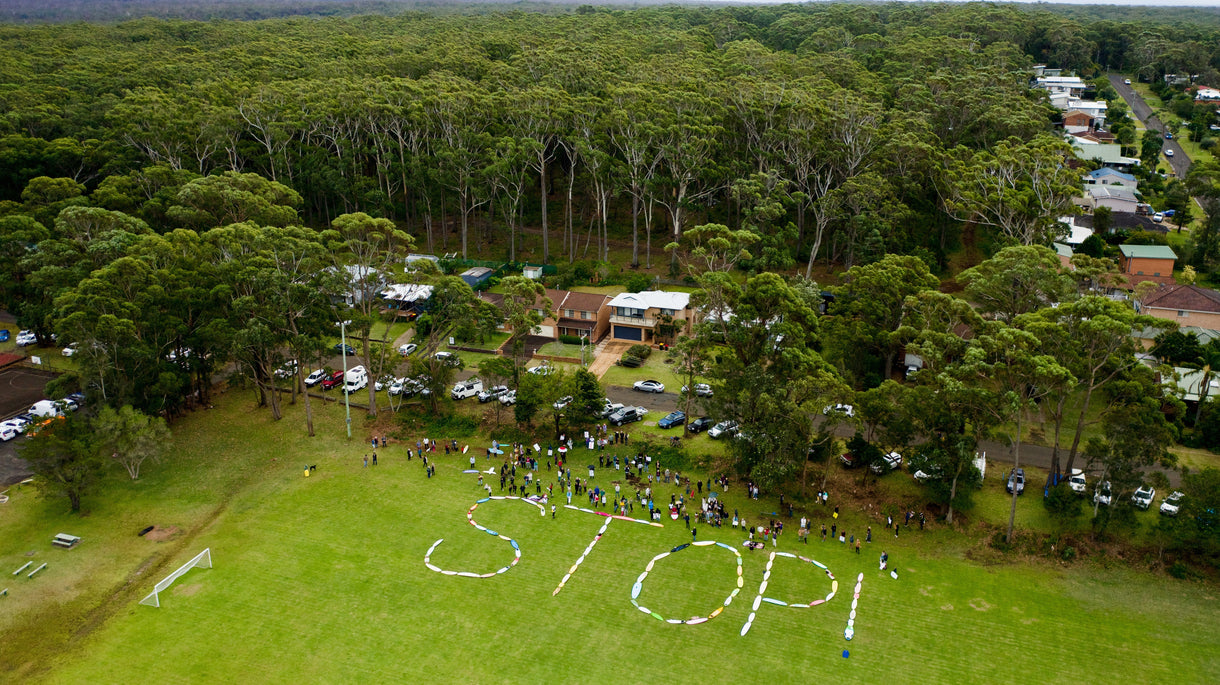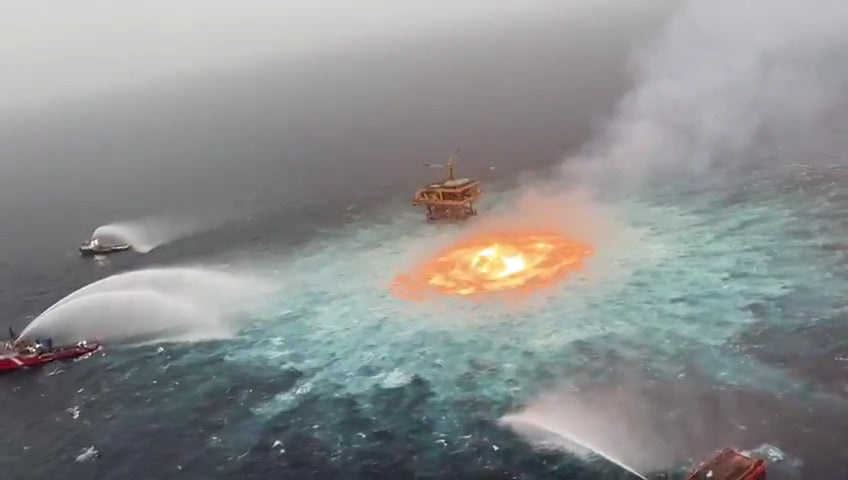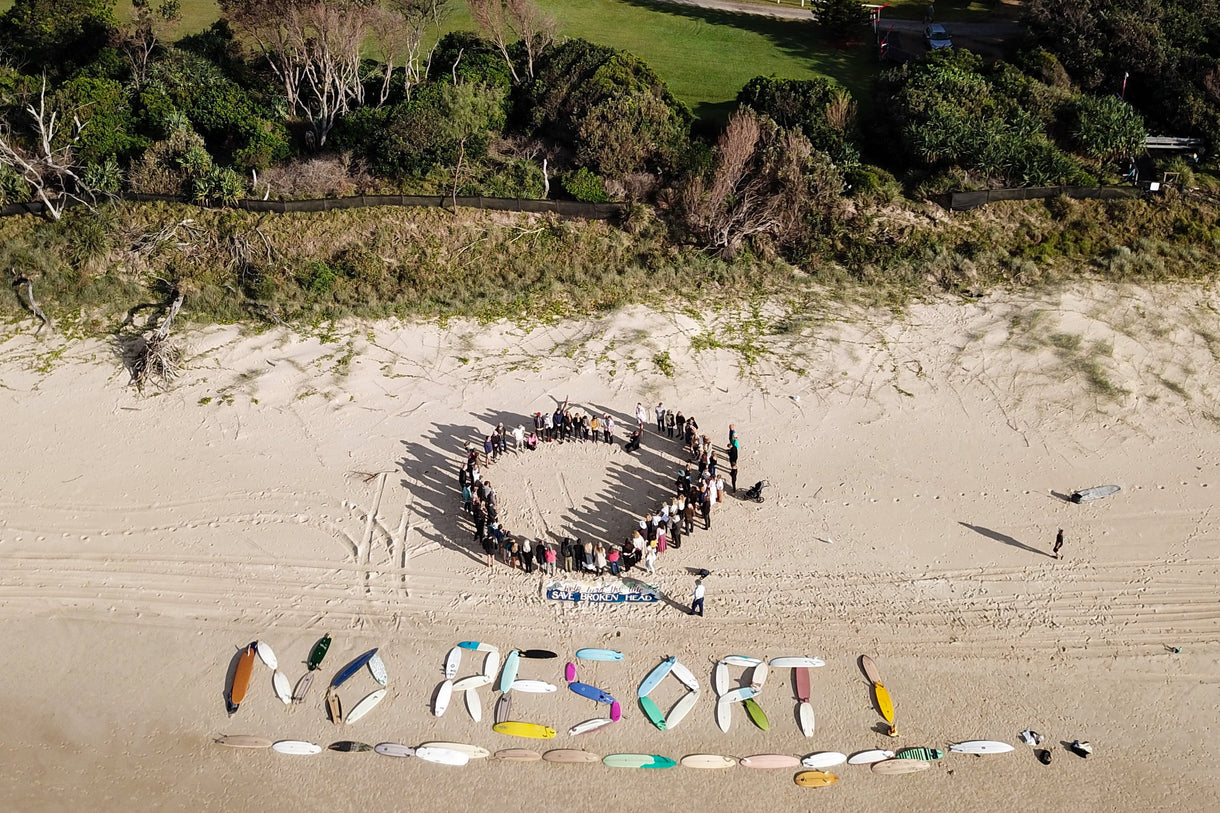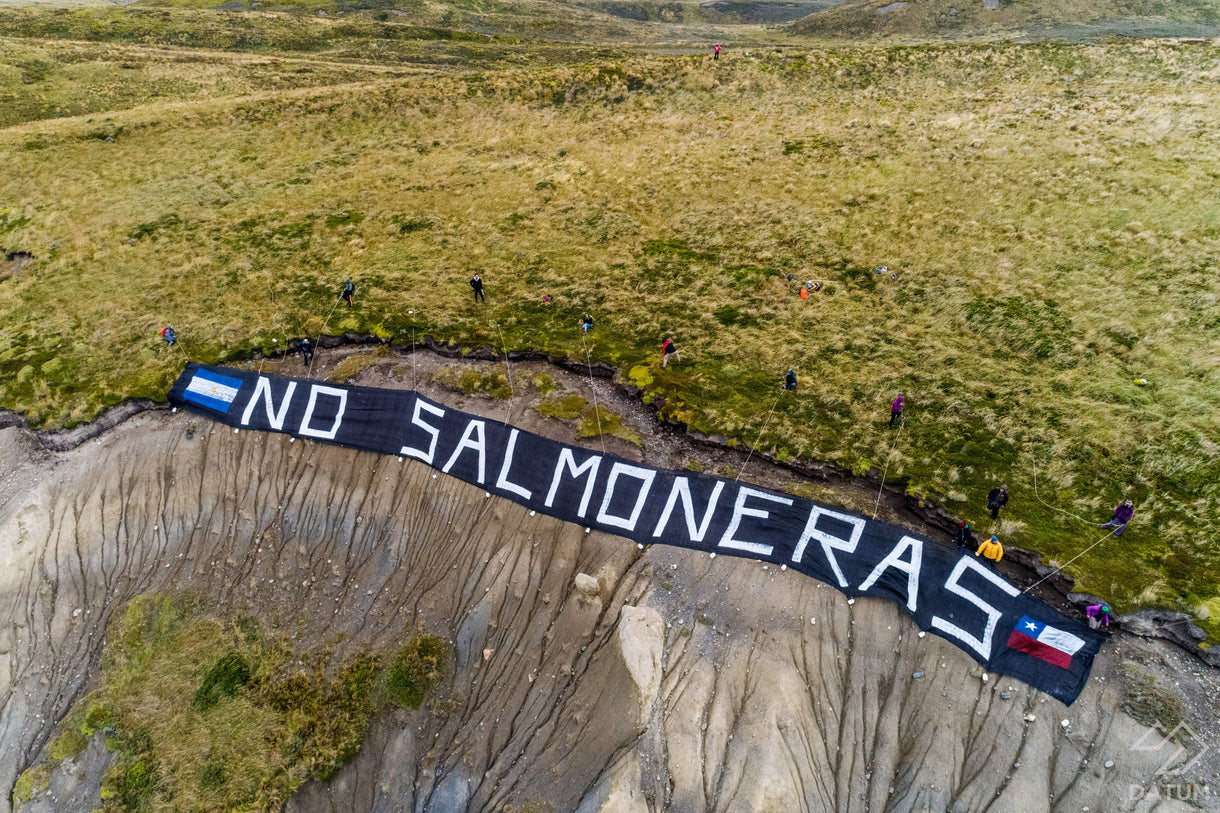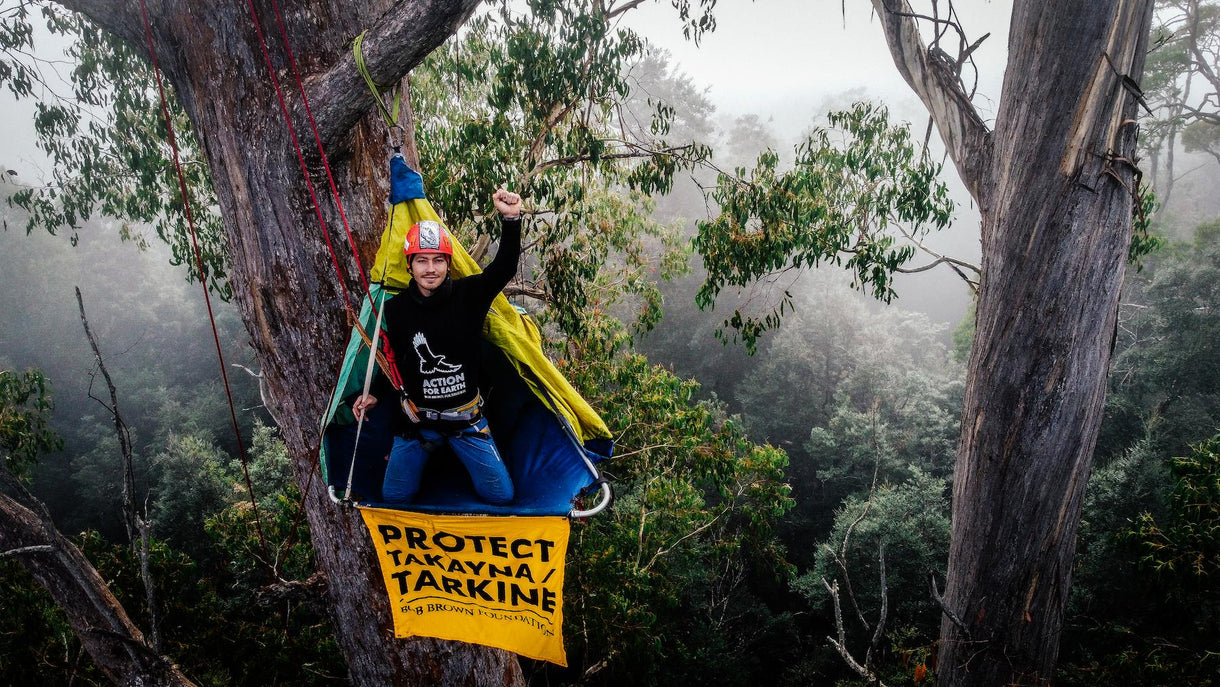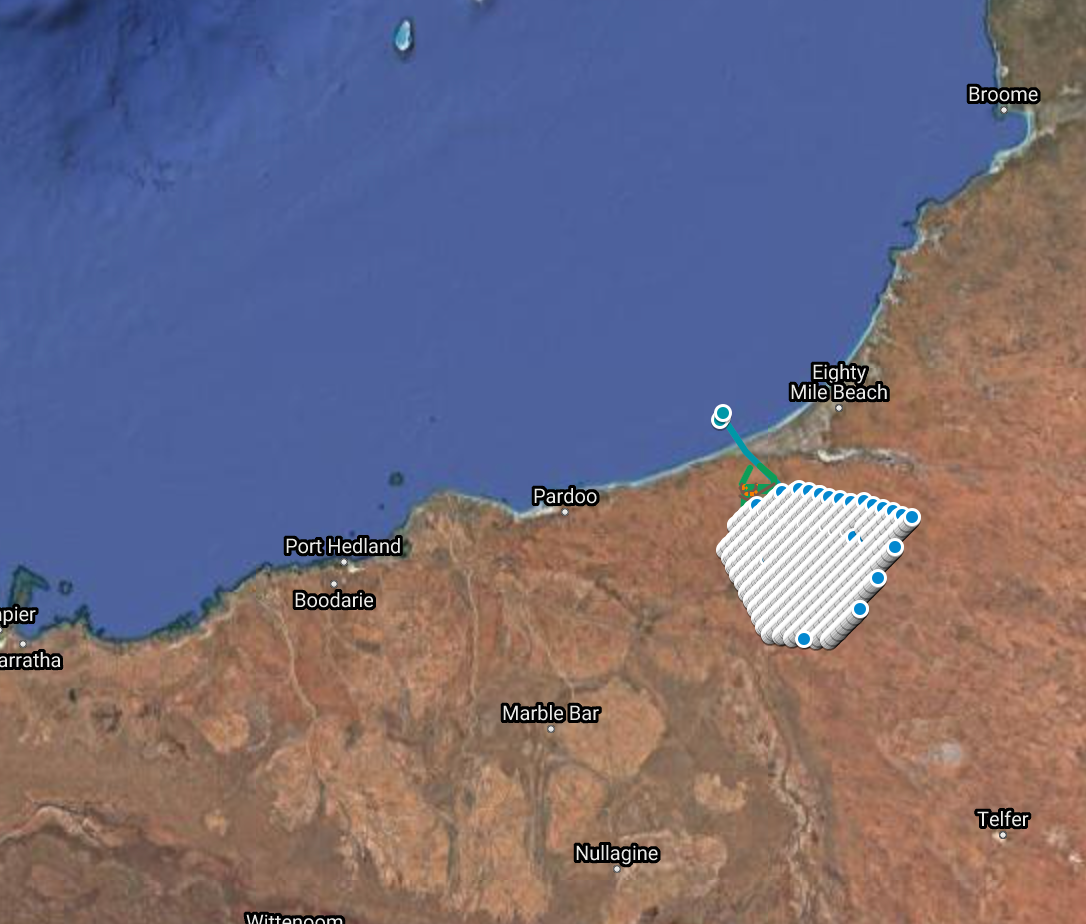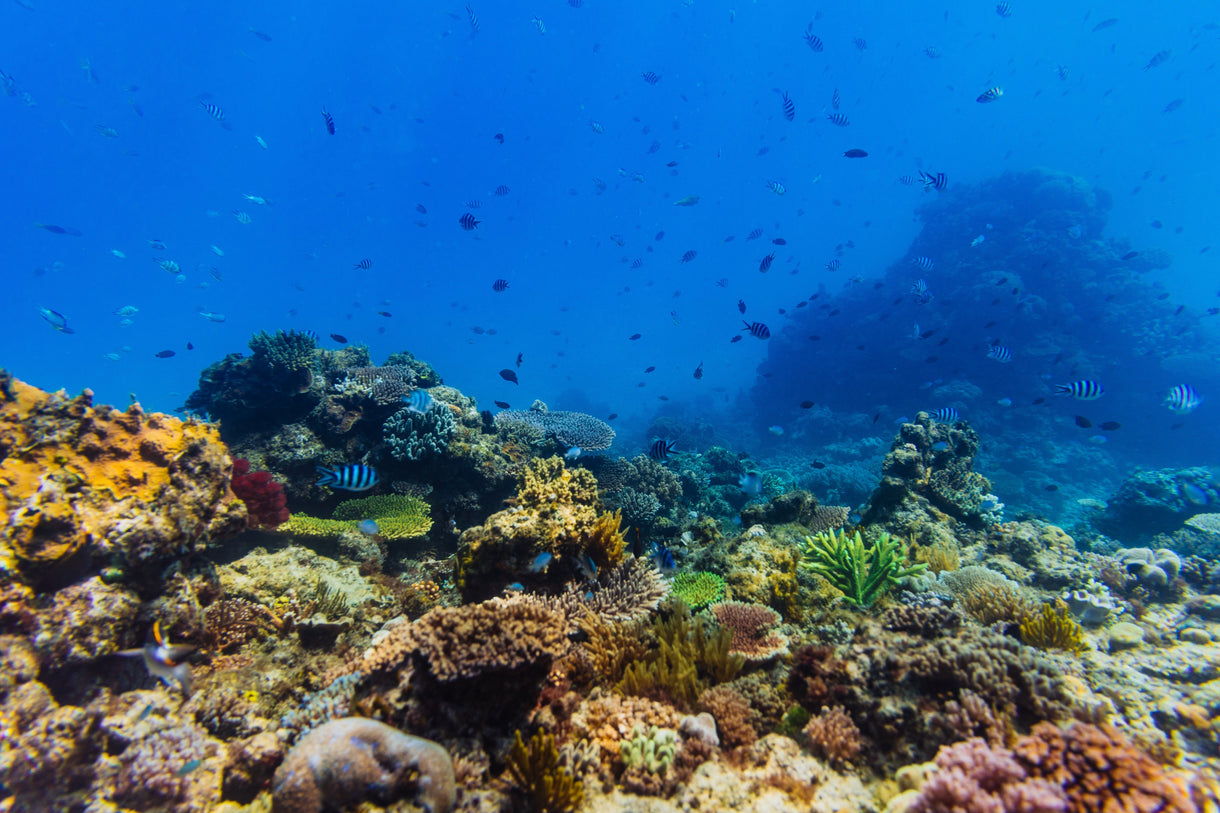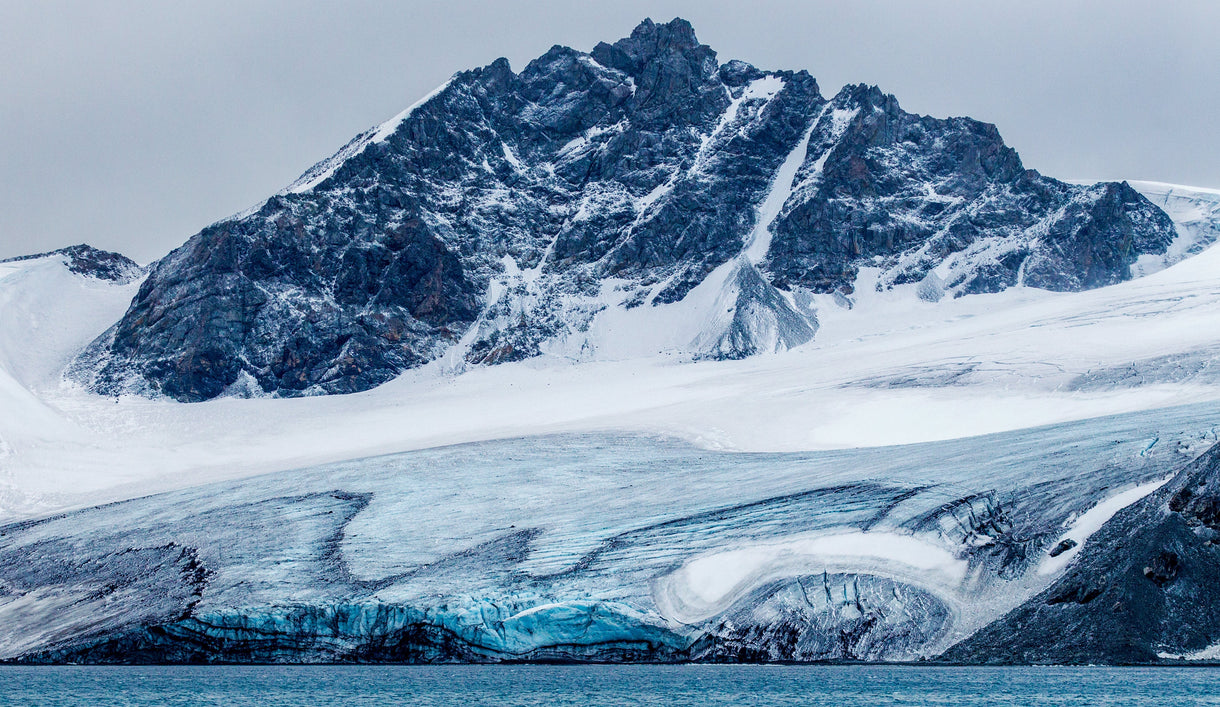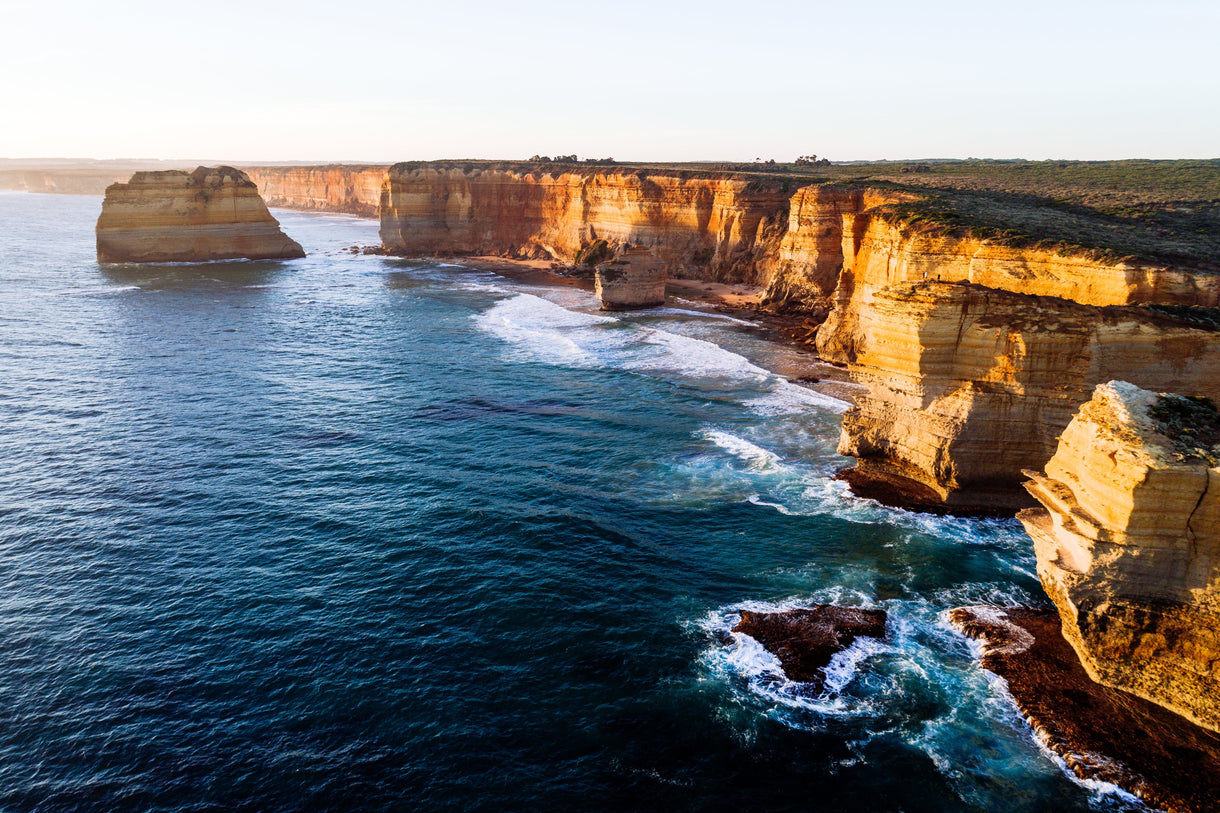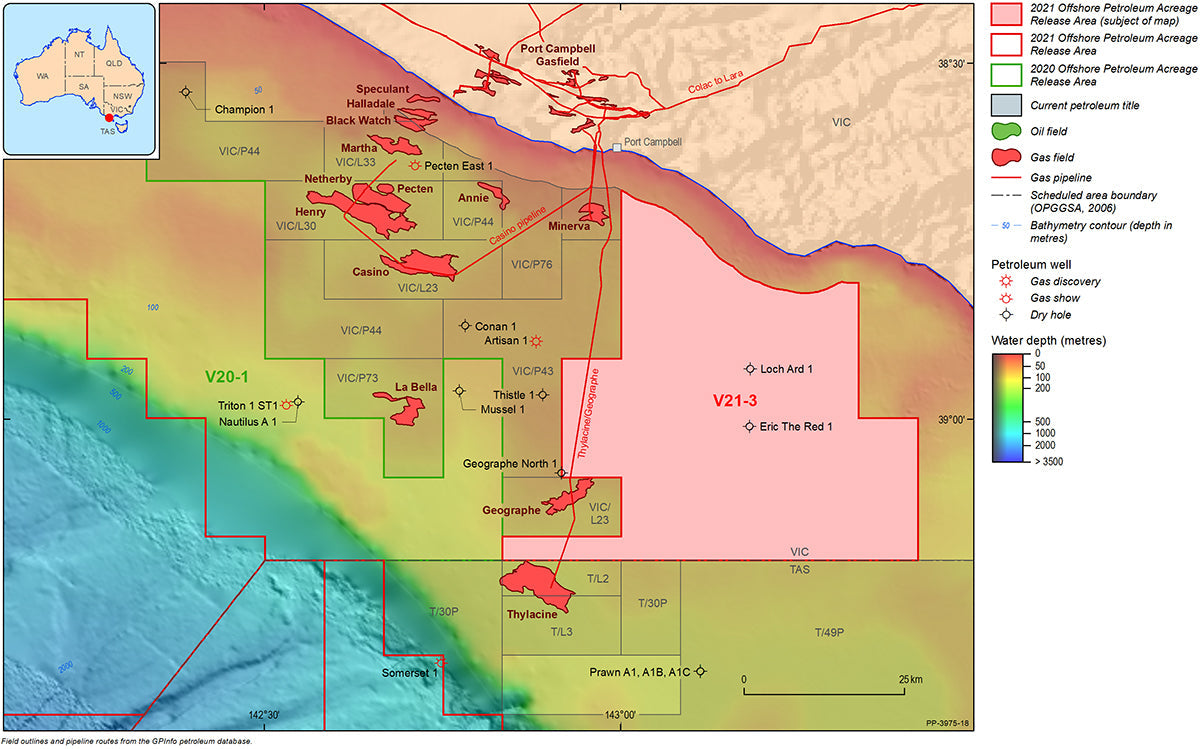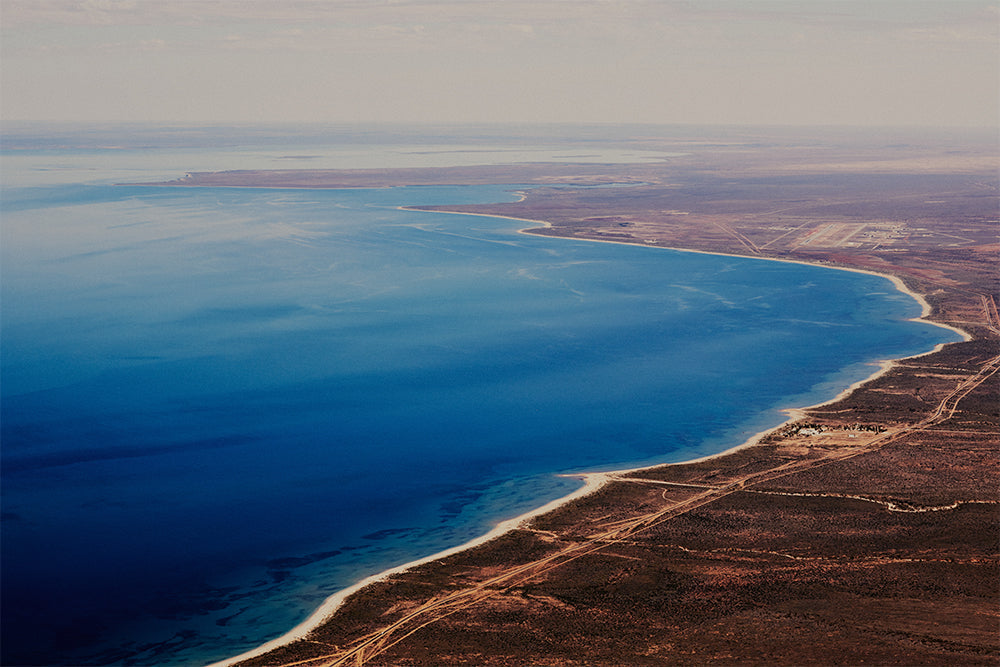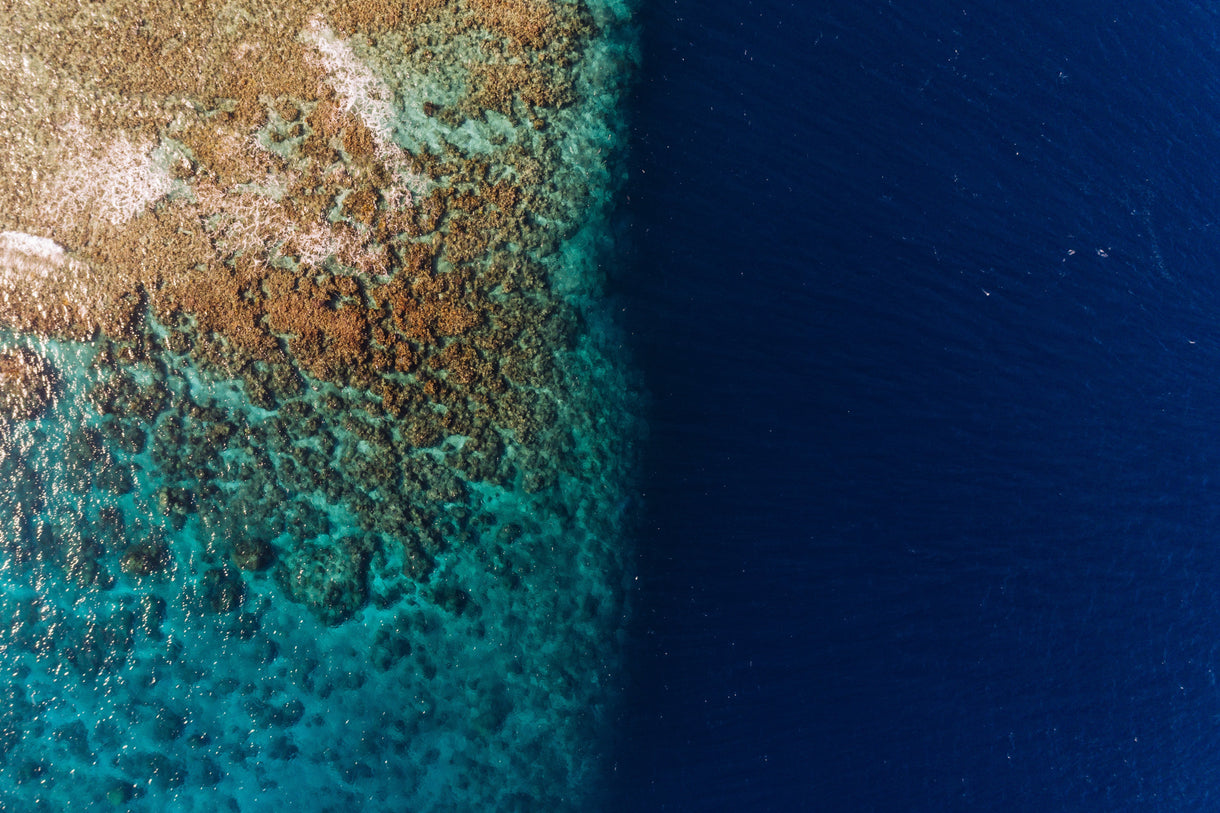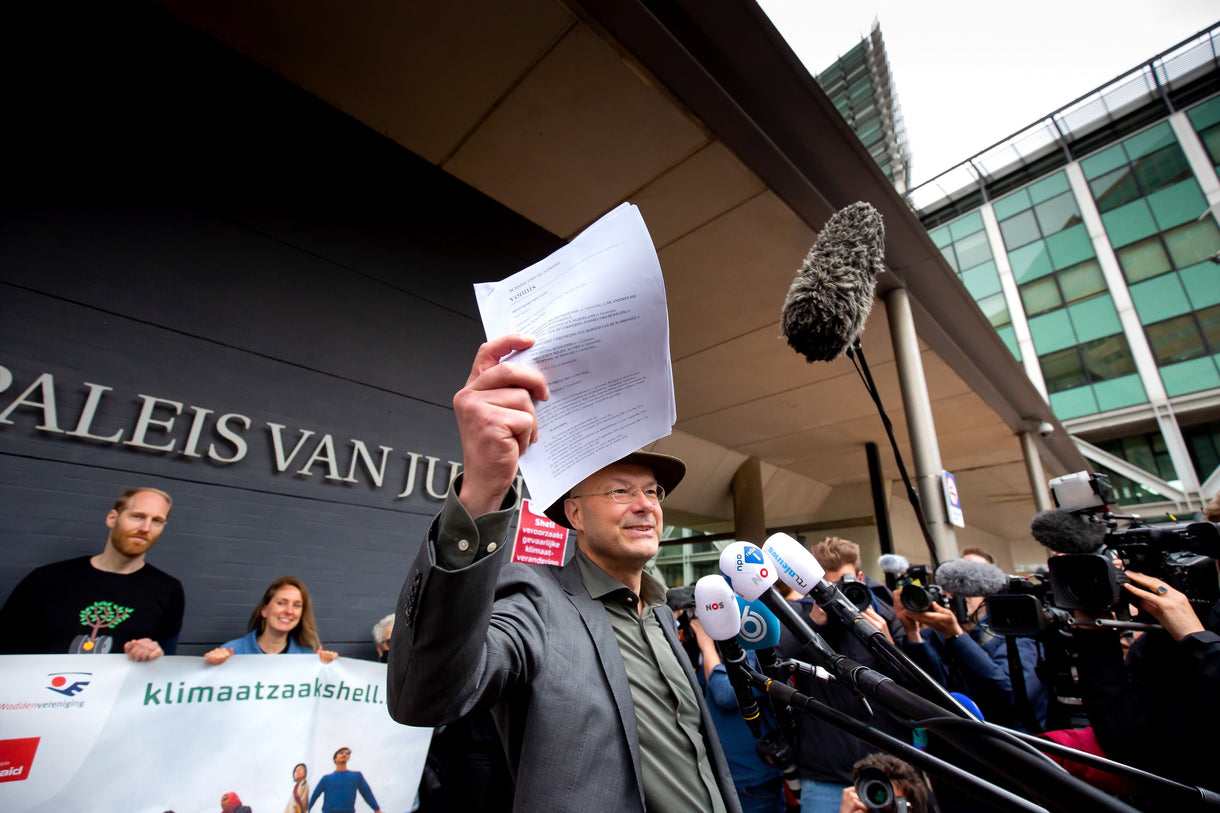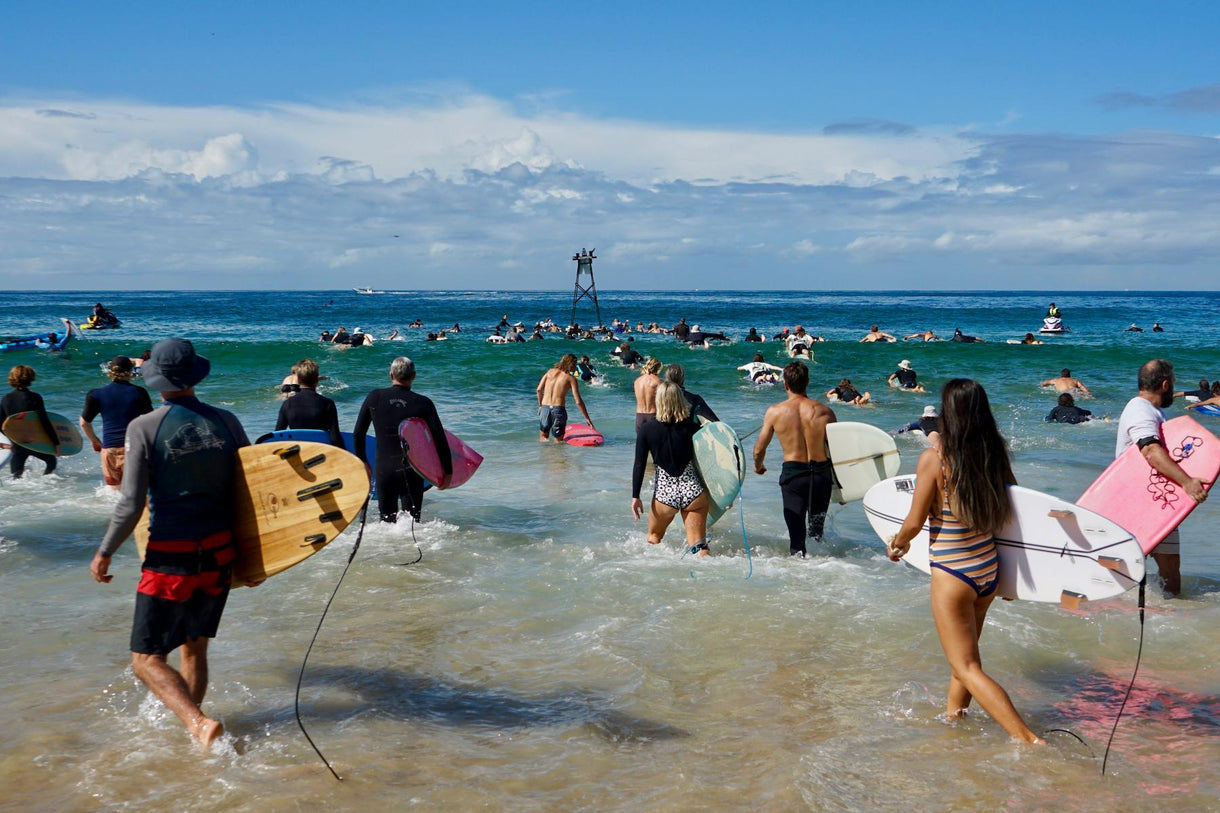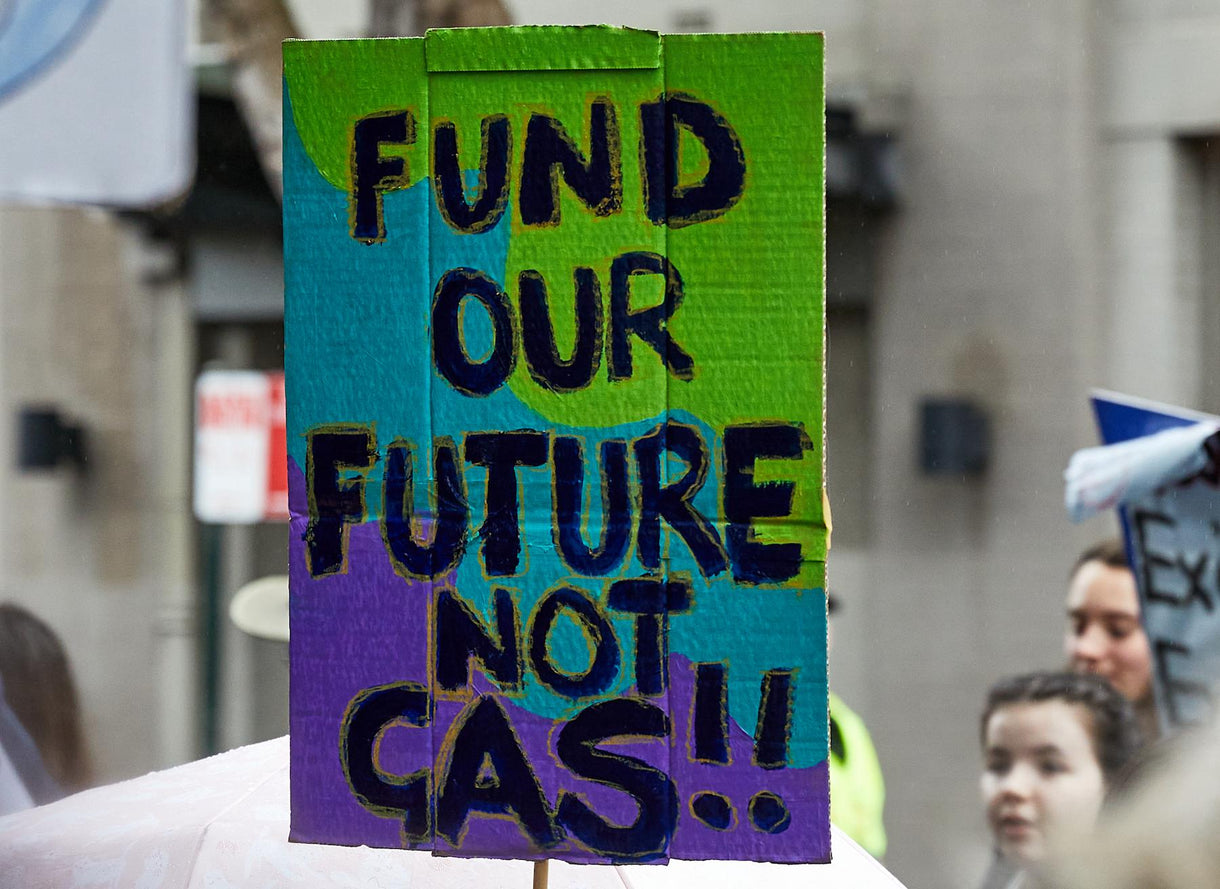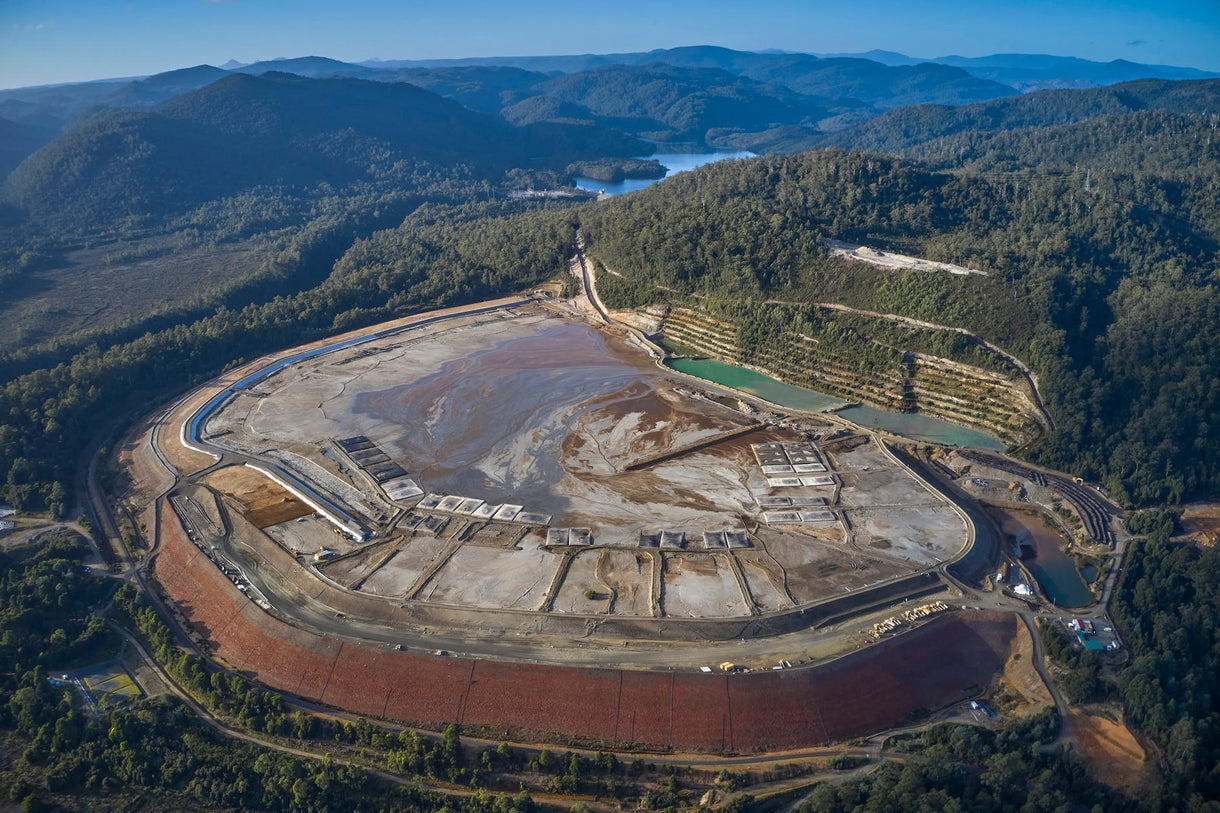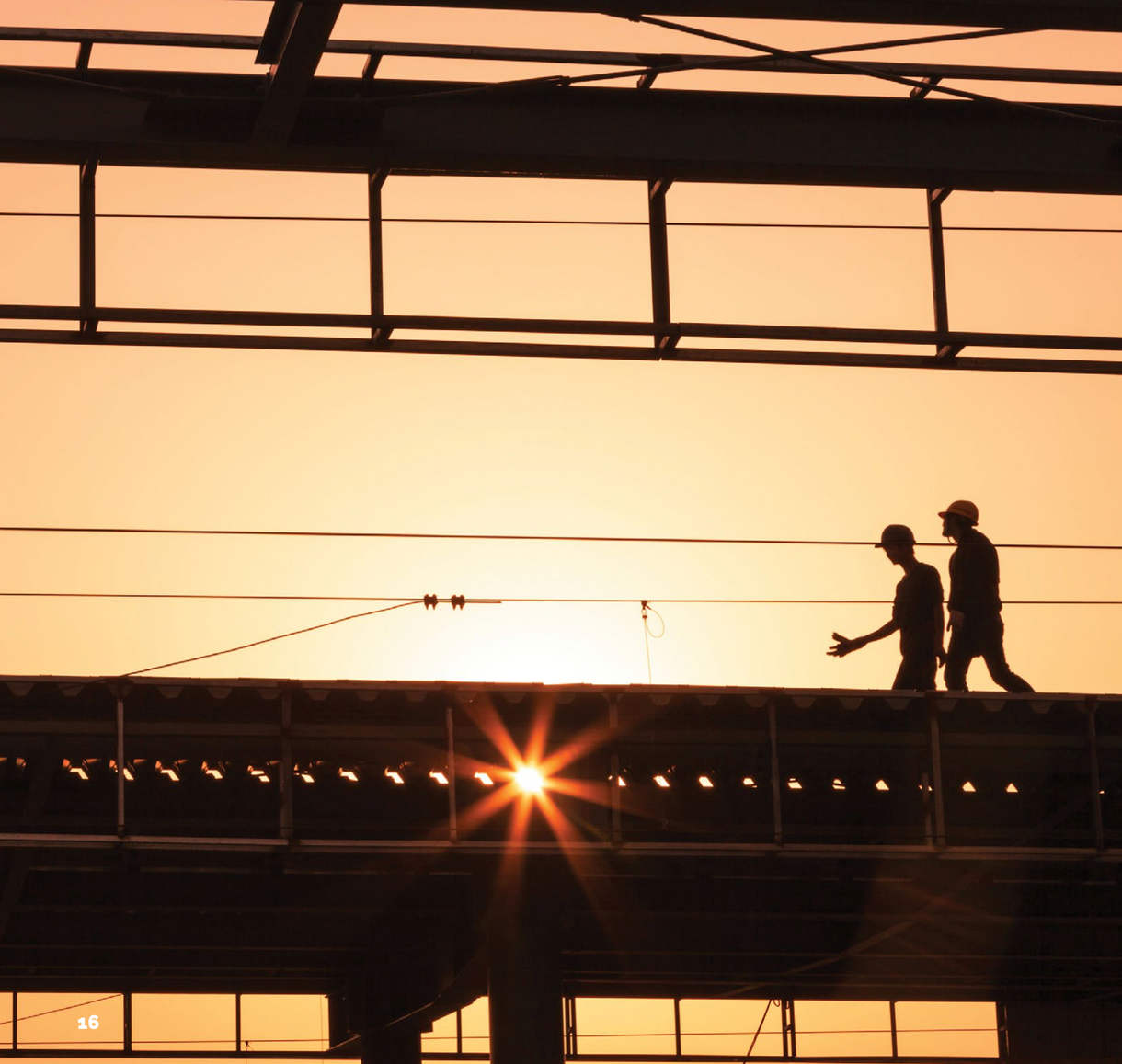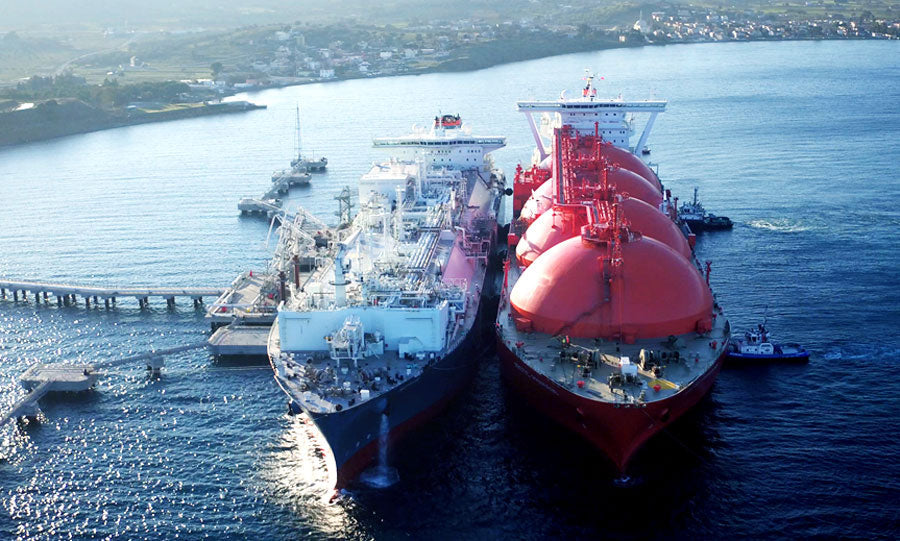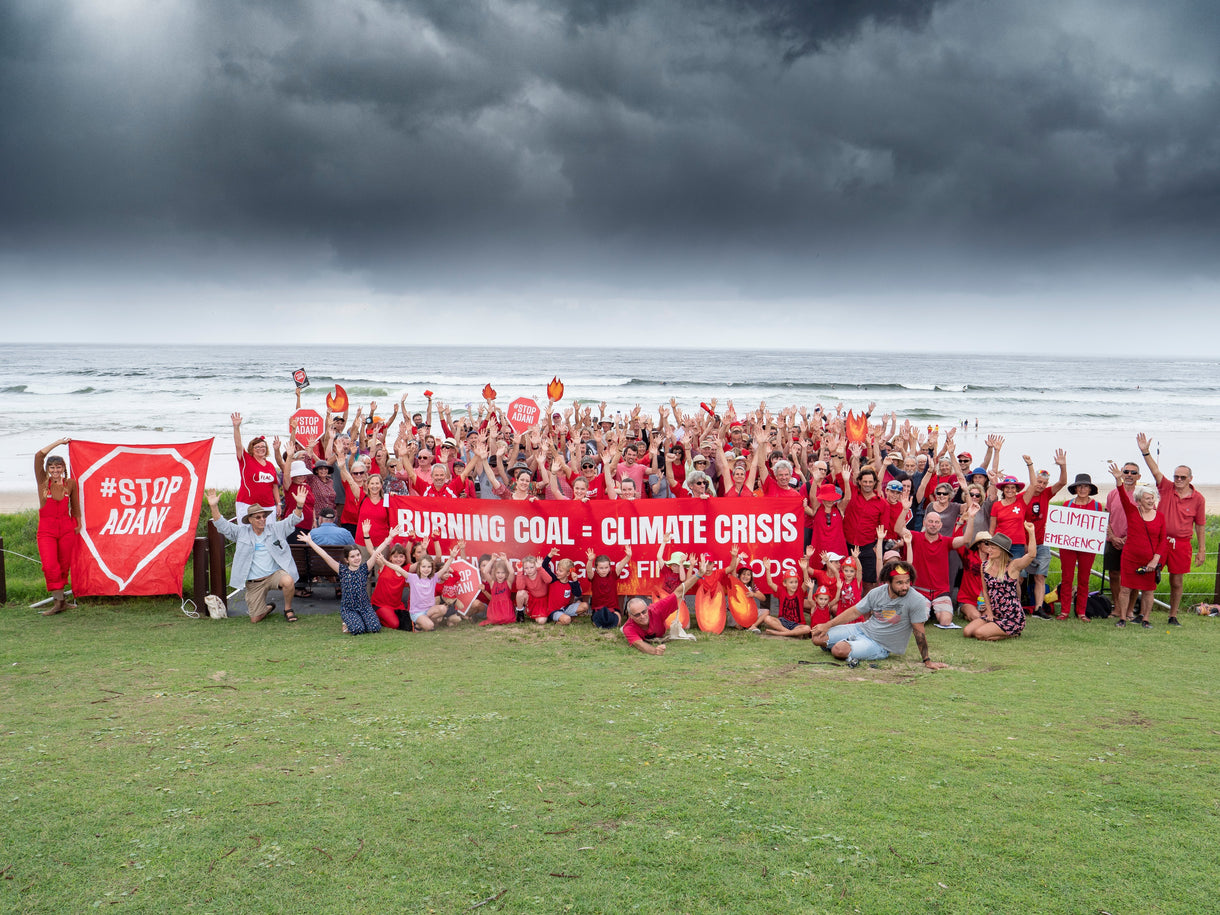The controversial Corio Bay gas import terminal in Geelong just got more controversial.
Viva Energy, the company planning to build the terminal, has released its Environment Effects Statement, and already there’s a hole in it big enough to drive a gas supertanker through.
There were already huge concerns about the direct environmental impact of the terminal, which would see seawater used to convert the imported LNG back to a gas. That chilled, chlorinated seawater would then be piped back into the bay and into the local marine environment.
But it was a small note hidden in an appendix that has really made news. The project is required to state the total emissions produced by the import terminal. Viva Energy estimated in their EES that the operations of the terminal would produce 47,906 tonnes of carbon dioxide emissions per year.
Small catch though.
The proposed AGL import terminal in Westernport Bay – shut down last year after sustained community opposition – planned to import similar volumes of LNG, but had operating emissions of 449,390 tonnes per year, almost ten times what Viva Energy are claiming will be released with their operation.
The catch? Unlike AGL, Viva Energy haven’t included the emissions released in transporting the LNG to Geelong.
“Viva has pulled a climate accounting trick and excluded the emissions from transporting the LNG to Victoria.”
“Viva has pulled a climate accounting trick and excluded the emissions from transporting the LNG to Victoria,” said Environment Victoria Campaigns Manager, Greg Foyster. “They’re proposing to import massive amounts of gas in huge LNG tankers but not counting all the fuel that those boats will burn to get here.”
Viva have signed agreements with gas giant Woodside to import their gas when/if the terminal is operational. The thing is, however, Woodside doesn’t include transport emissions either. So if the producer isn’t responsible for those emissions, and the importer isn’t responsible, who is?
Welcome to the black hole of Scope 3 emissions. When you hear about oil and gas companies talking about net zero goals, this doesn’t include Scope 3 emissions which are created when the oil or gas is shipped and then burned by the consumer. It’s estimated Scope 3 emissions account for almost 90 per cent of total emissions created by the oil and gas industry.
The campaign against the import terminal in Corio Bay is being led by Patagonia grantee, Geelong Renewables Not Gas. They have a petition calling on Victorian Planning Minister Richard Wynne to reject the import terminal. You can sign it here. They are also planning a rally on Saturday, April 2 in Geelong.
Meanwhile, the community has until April 11 to make a formal submission on Viva Energy’s Environment Effects Statement. The proposed AGL gas import terminal in Westernport Bay received over 6000 public submissions opposing it, which were a key factor in the project being shut down.
Image Banner: Already there has been strong community opposition to the planned gas import terminal in Geelong's Corio Bay. Photo Renewables Not Gas For Geelong

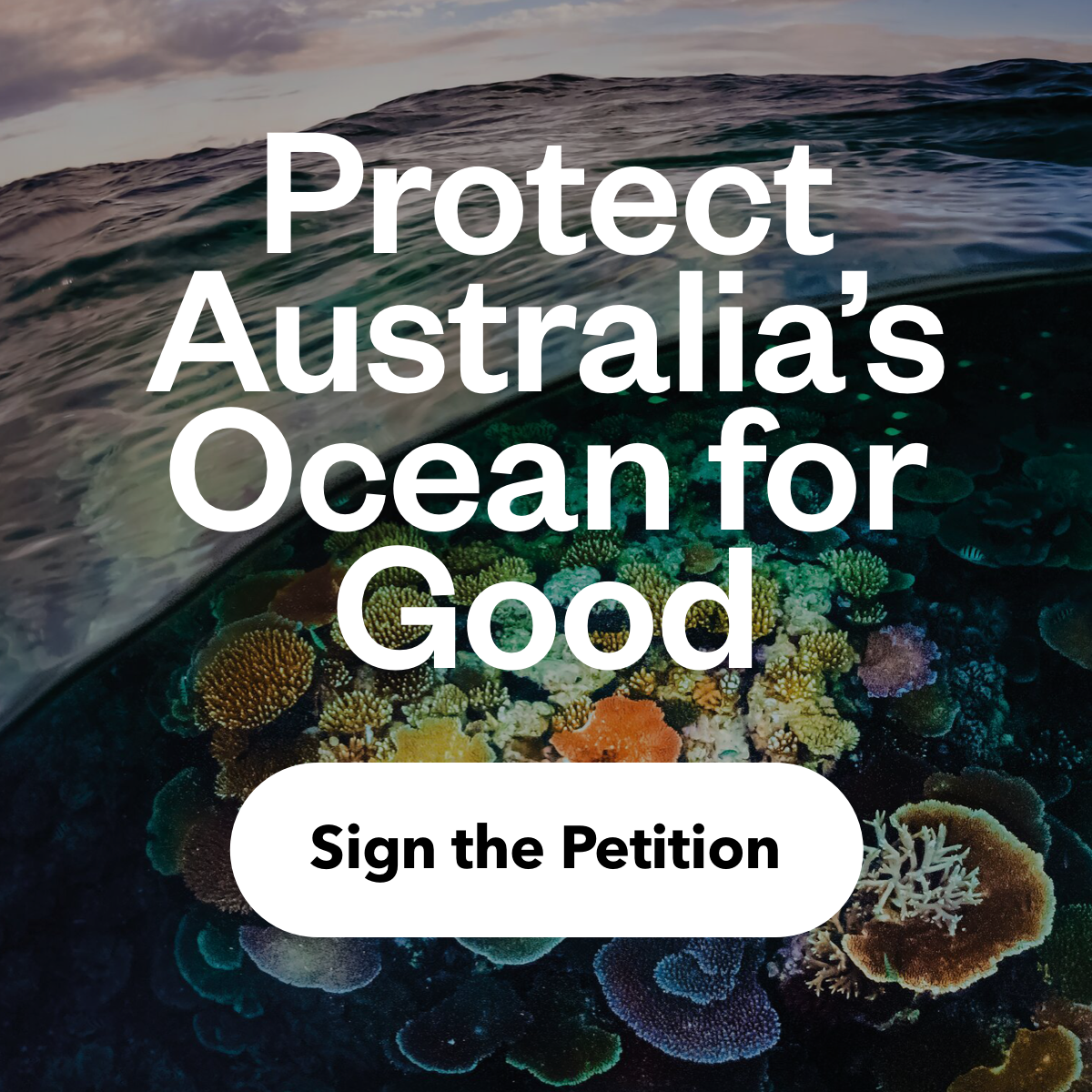
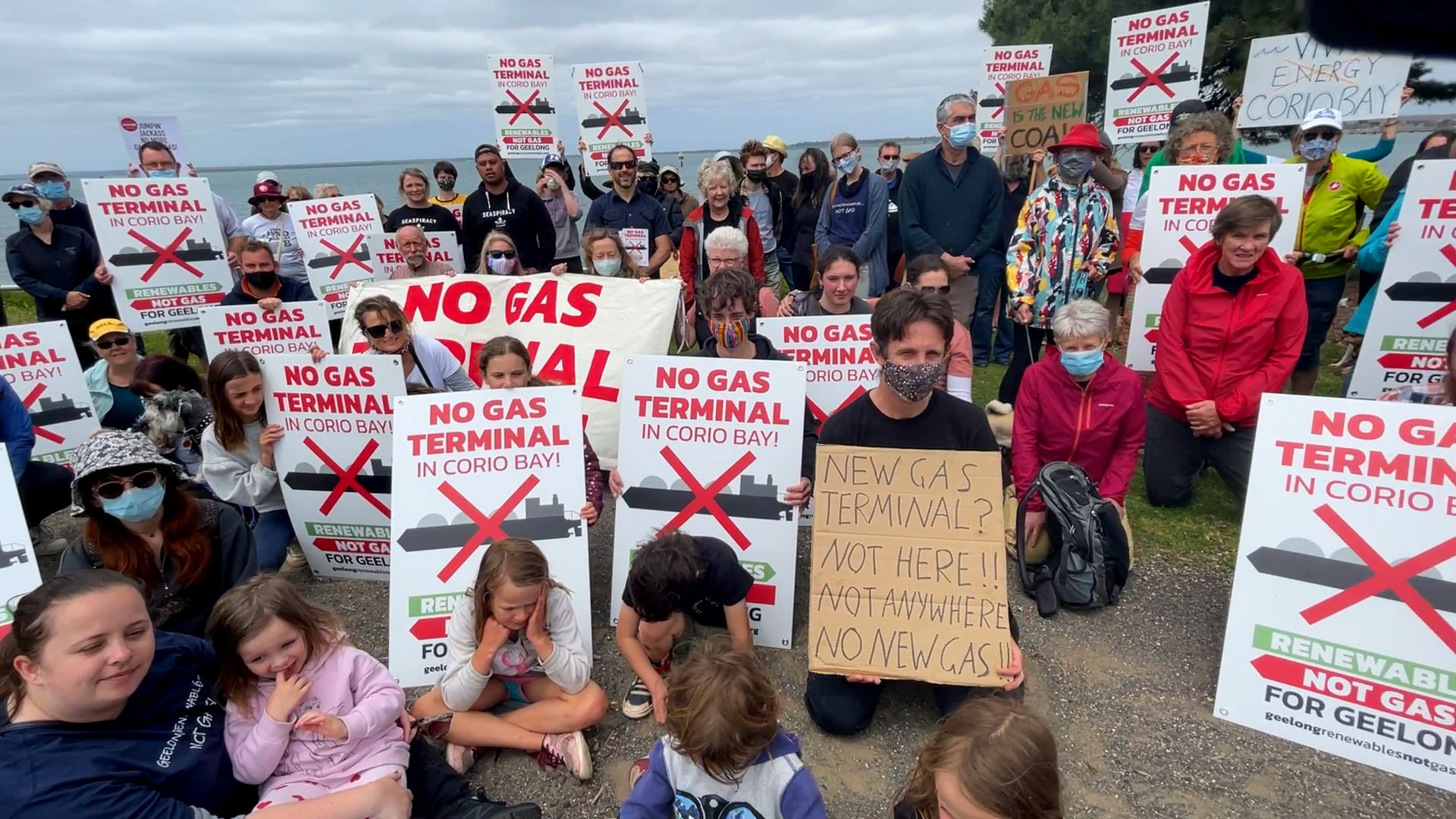

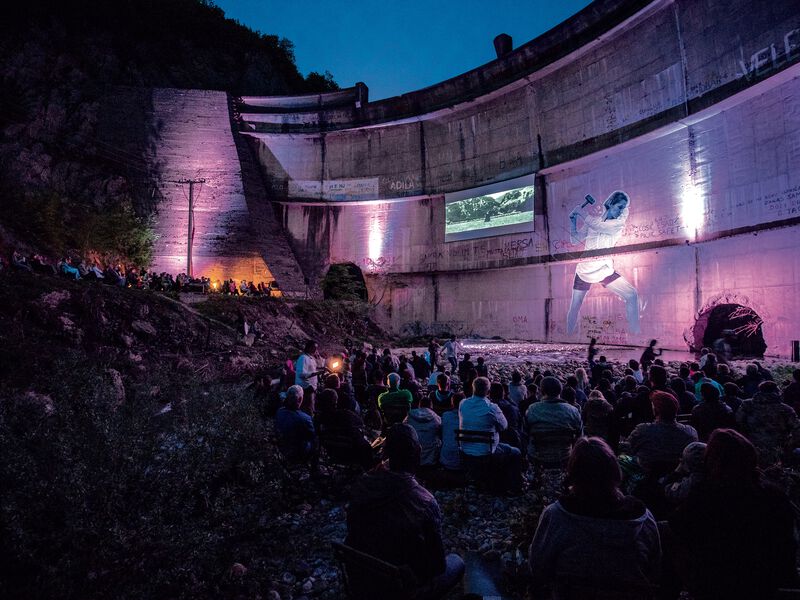


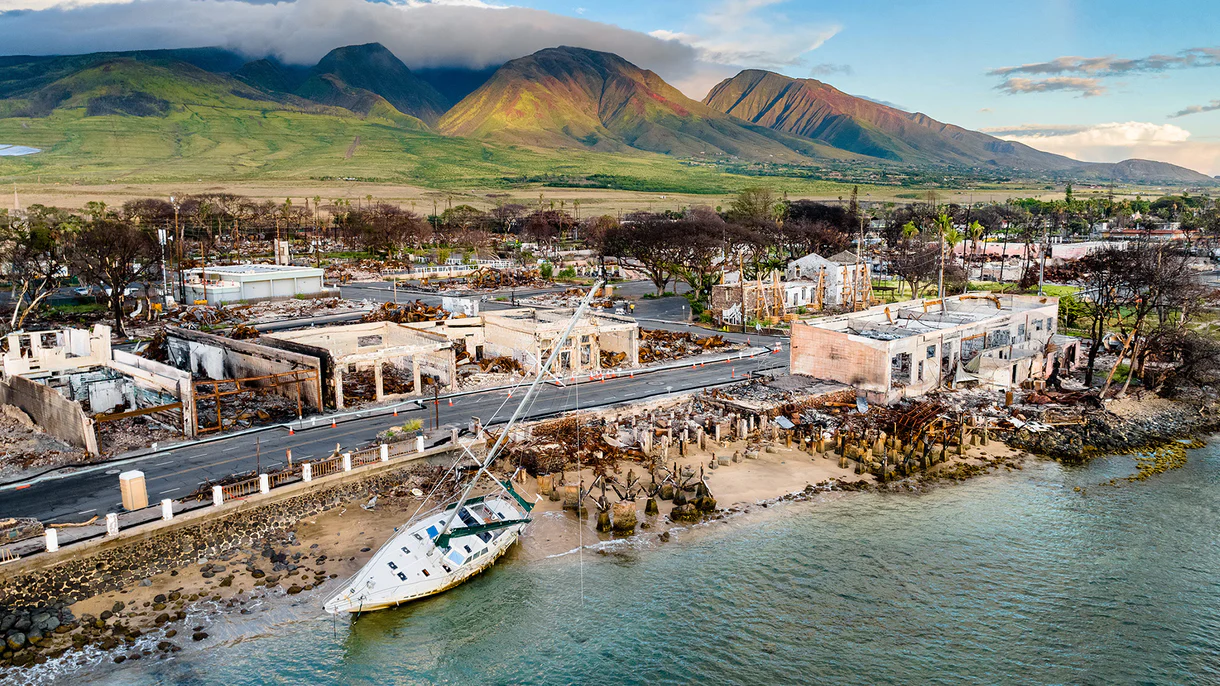




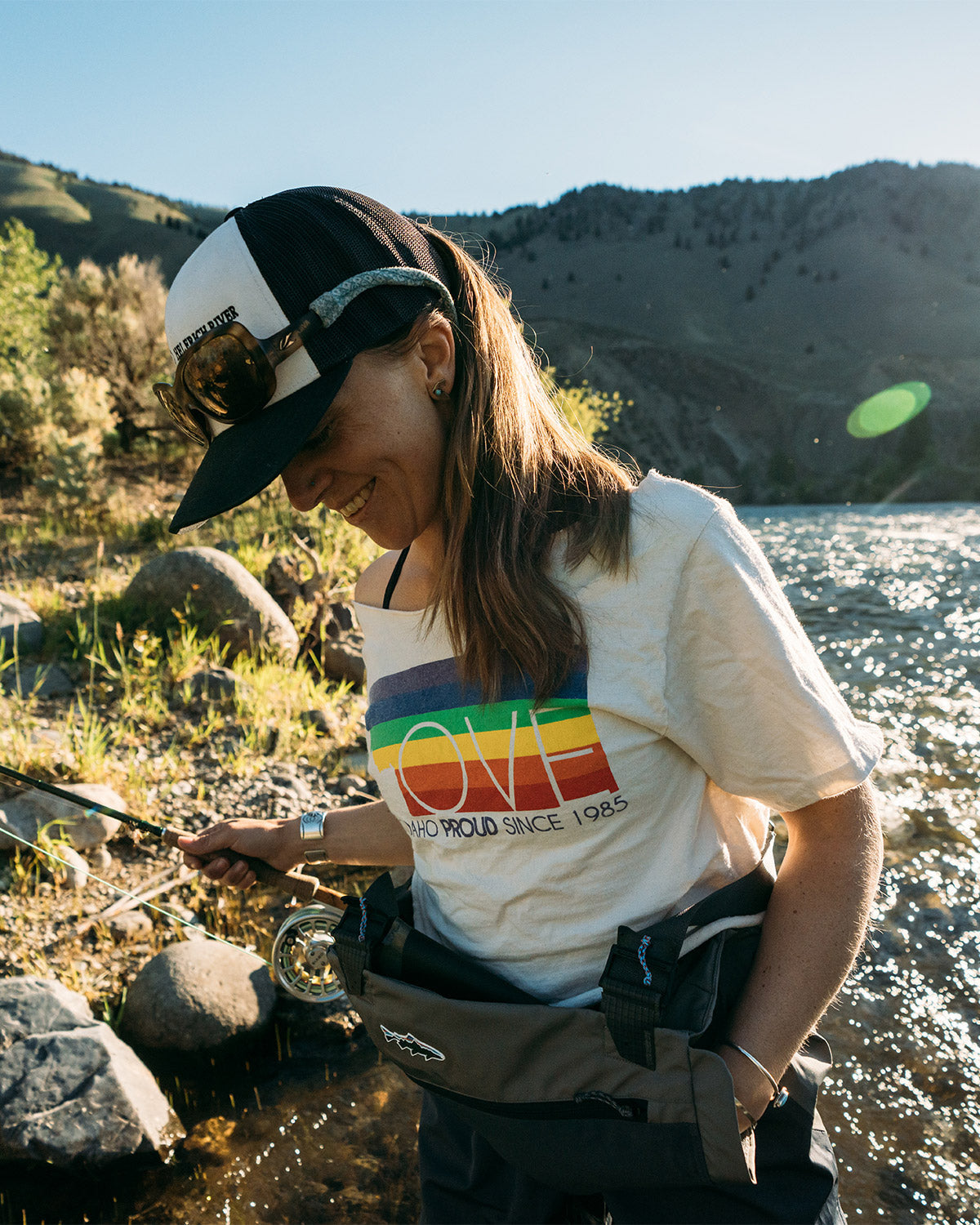

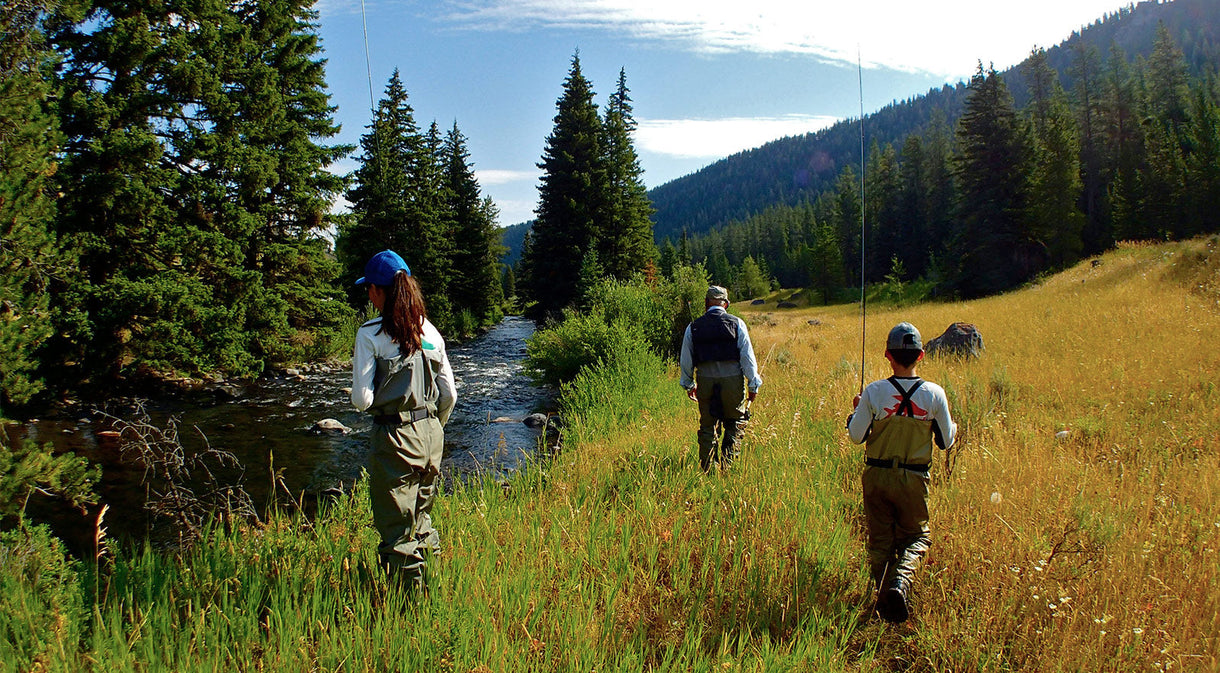










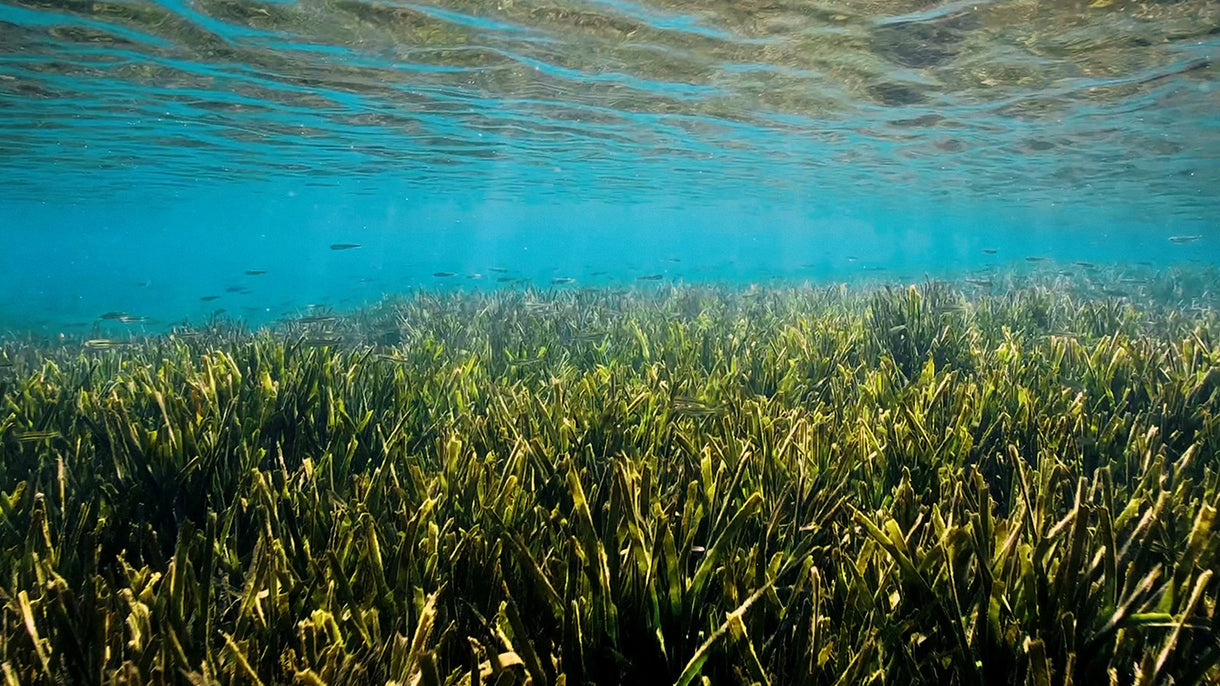






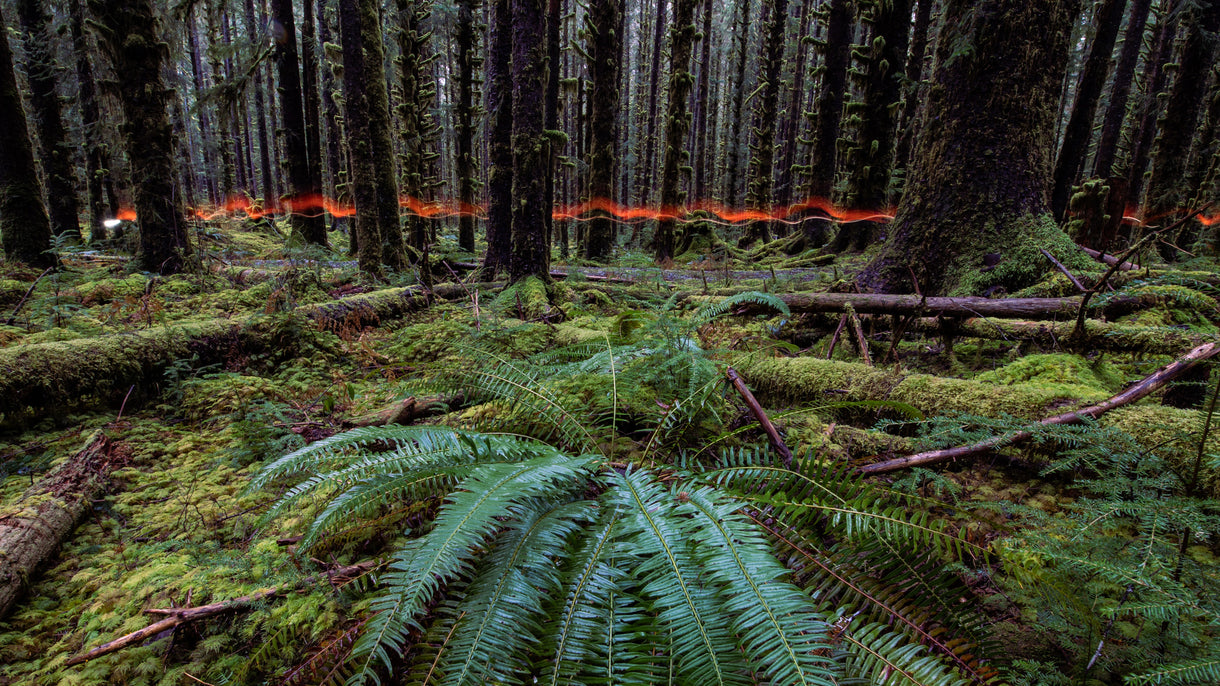

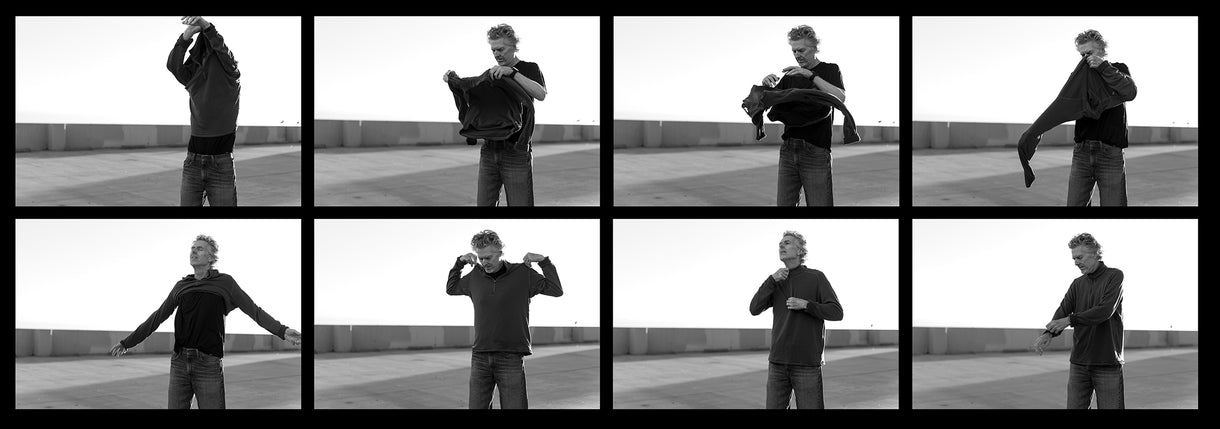

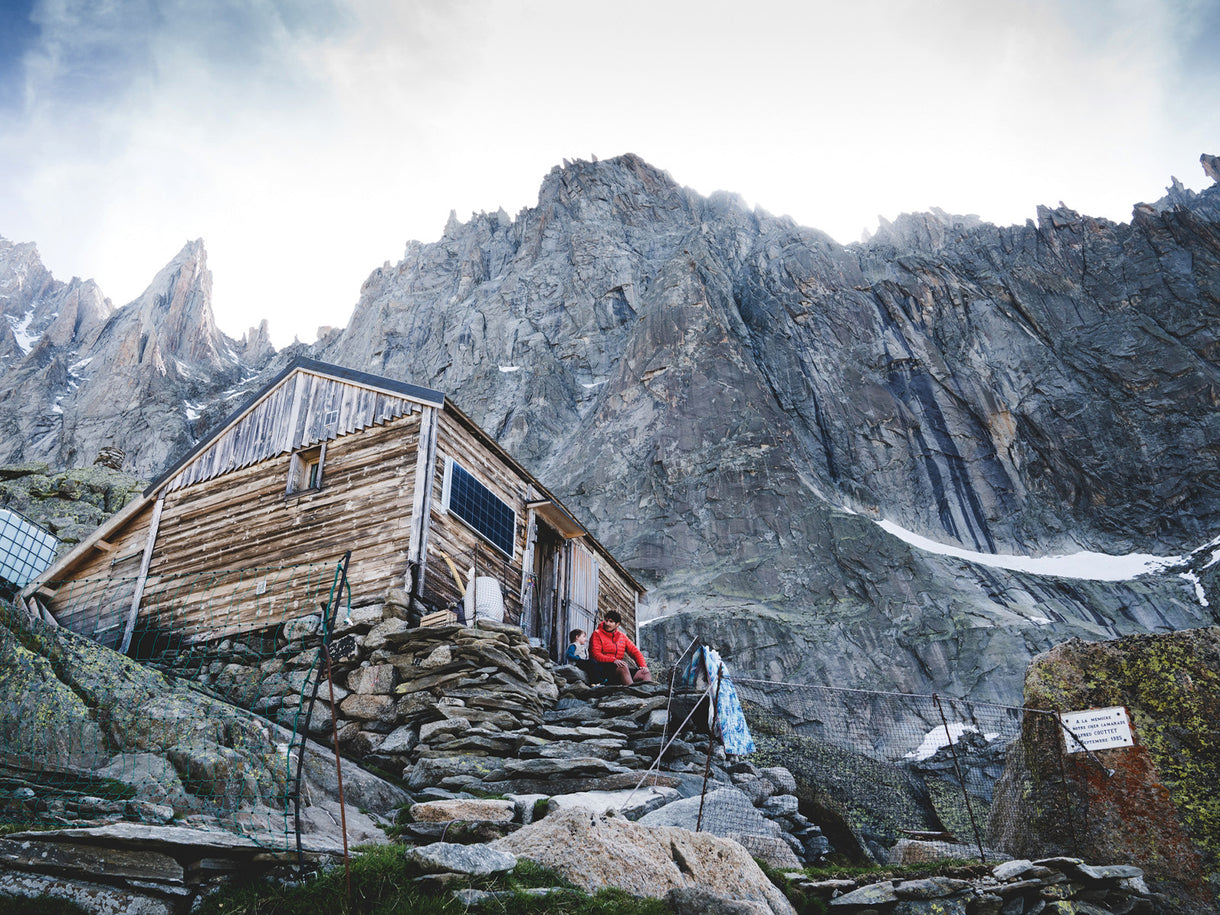







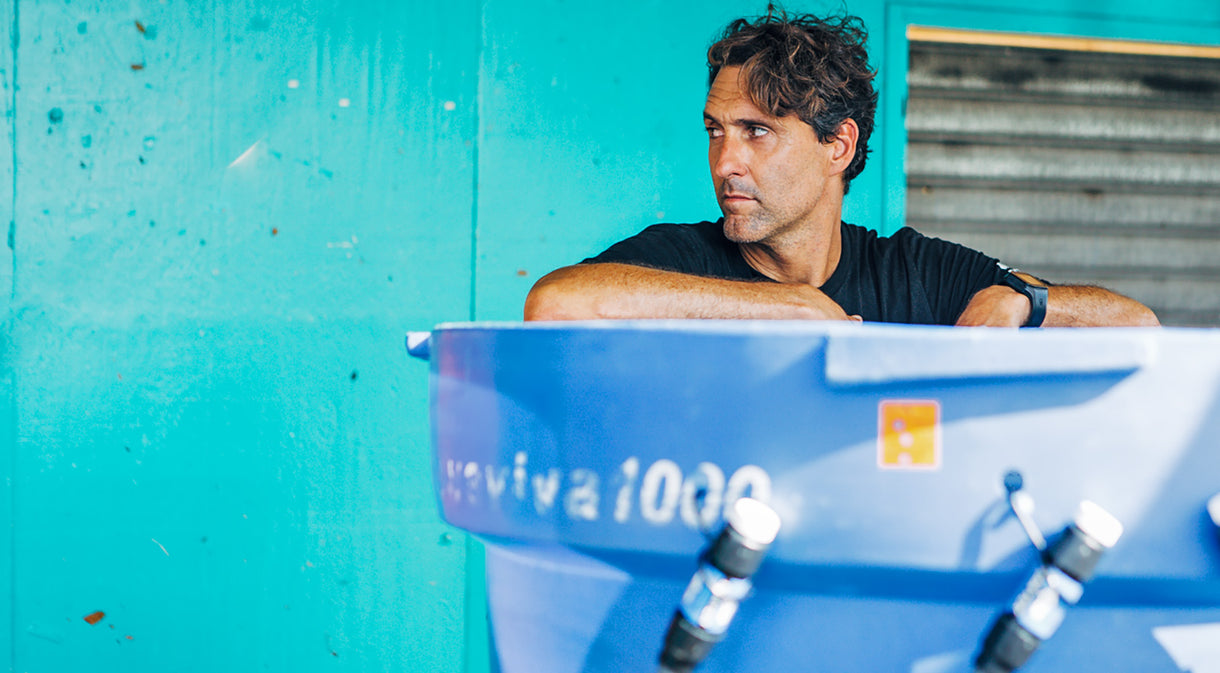
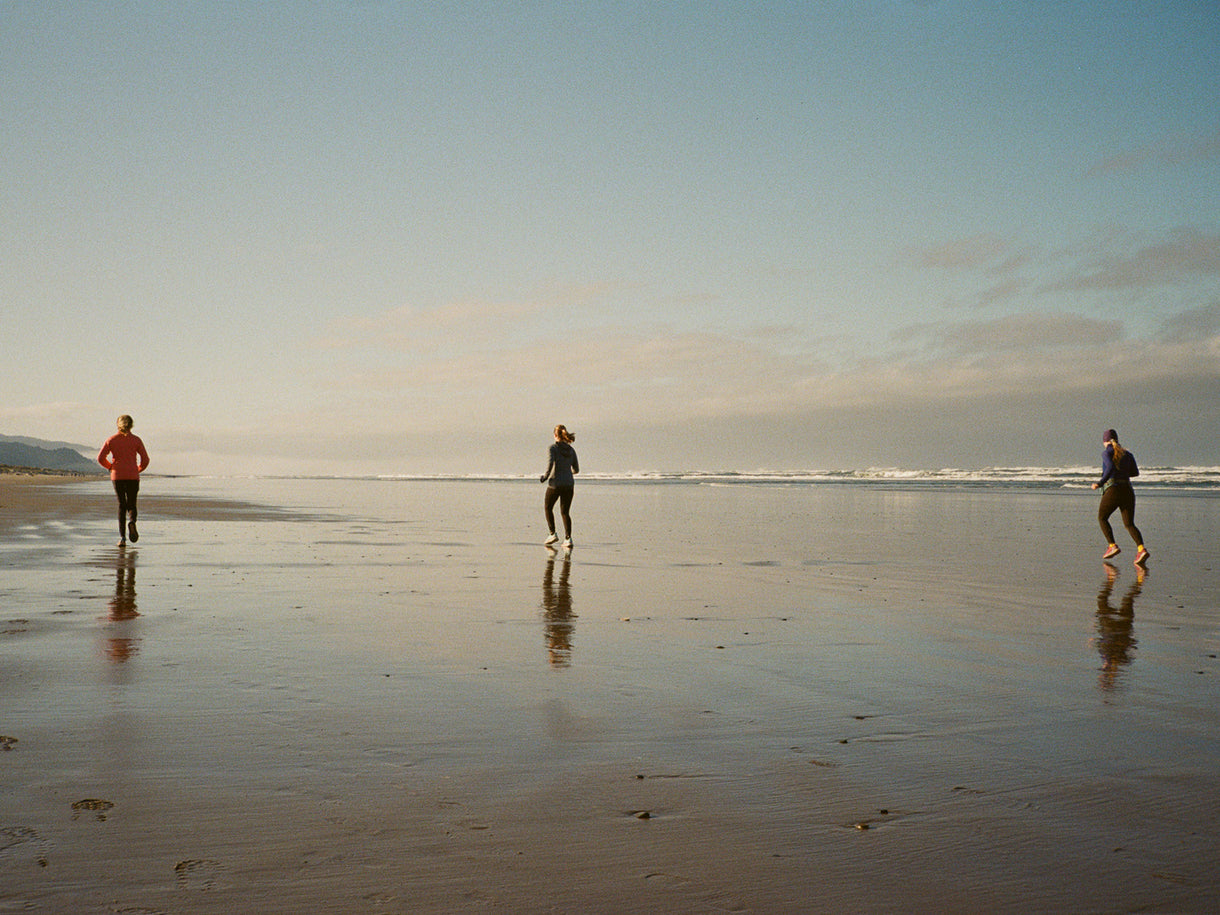
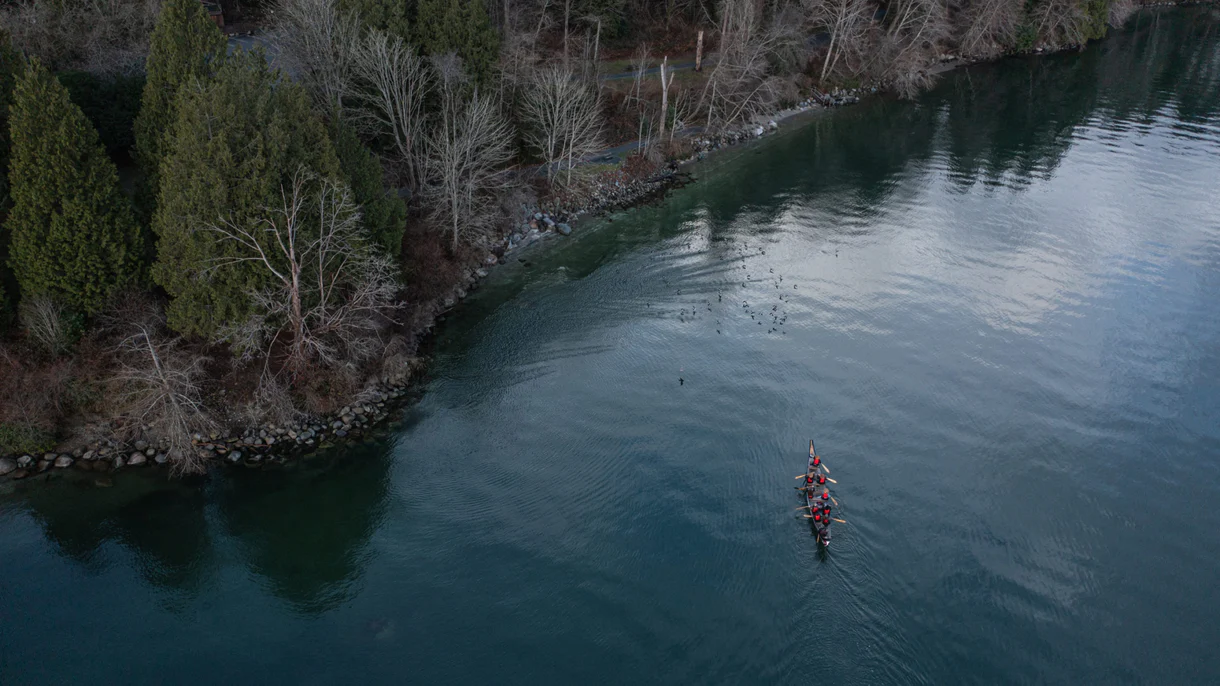
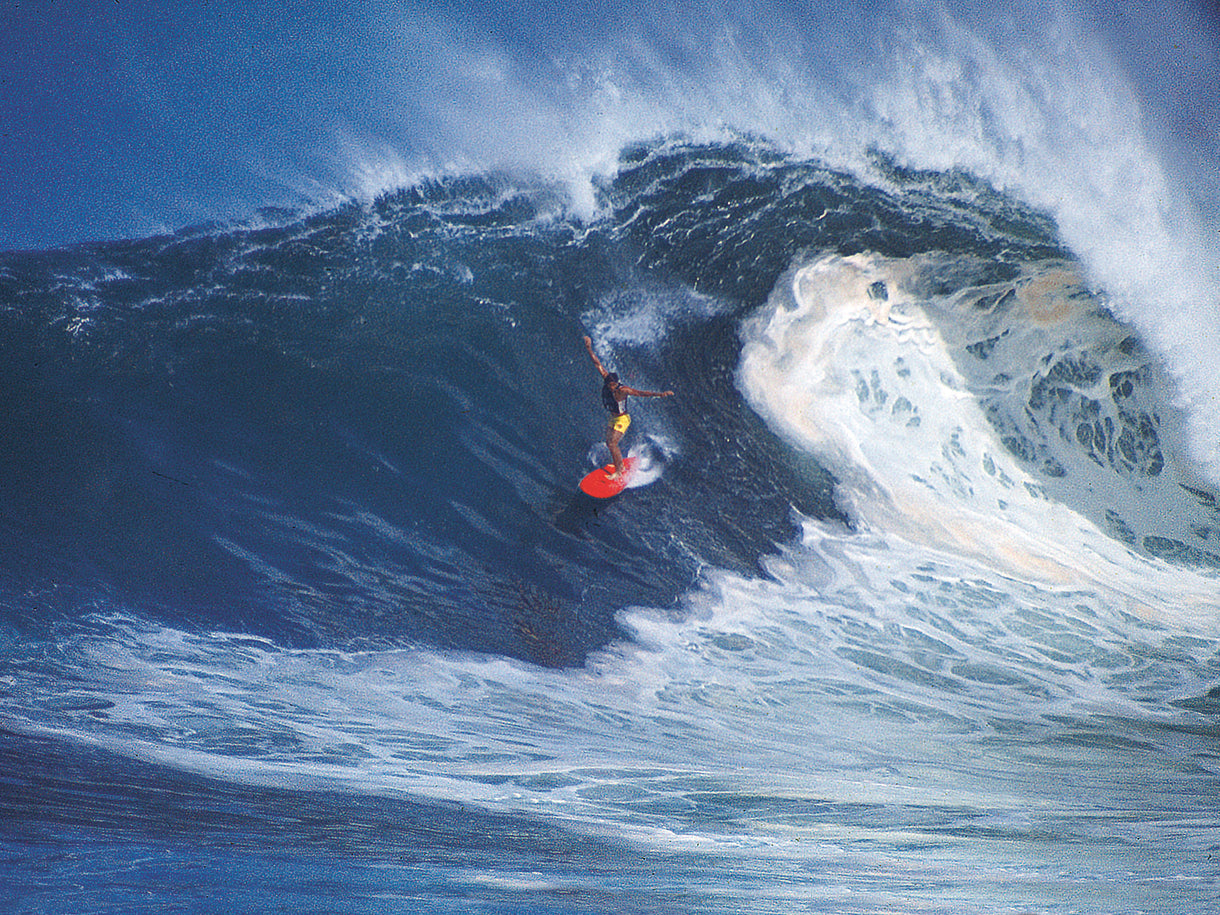
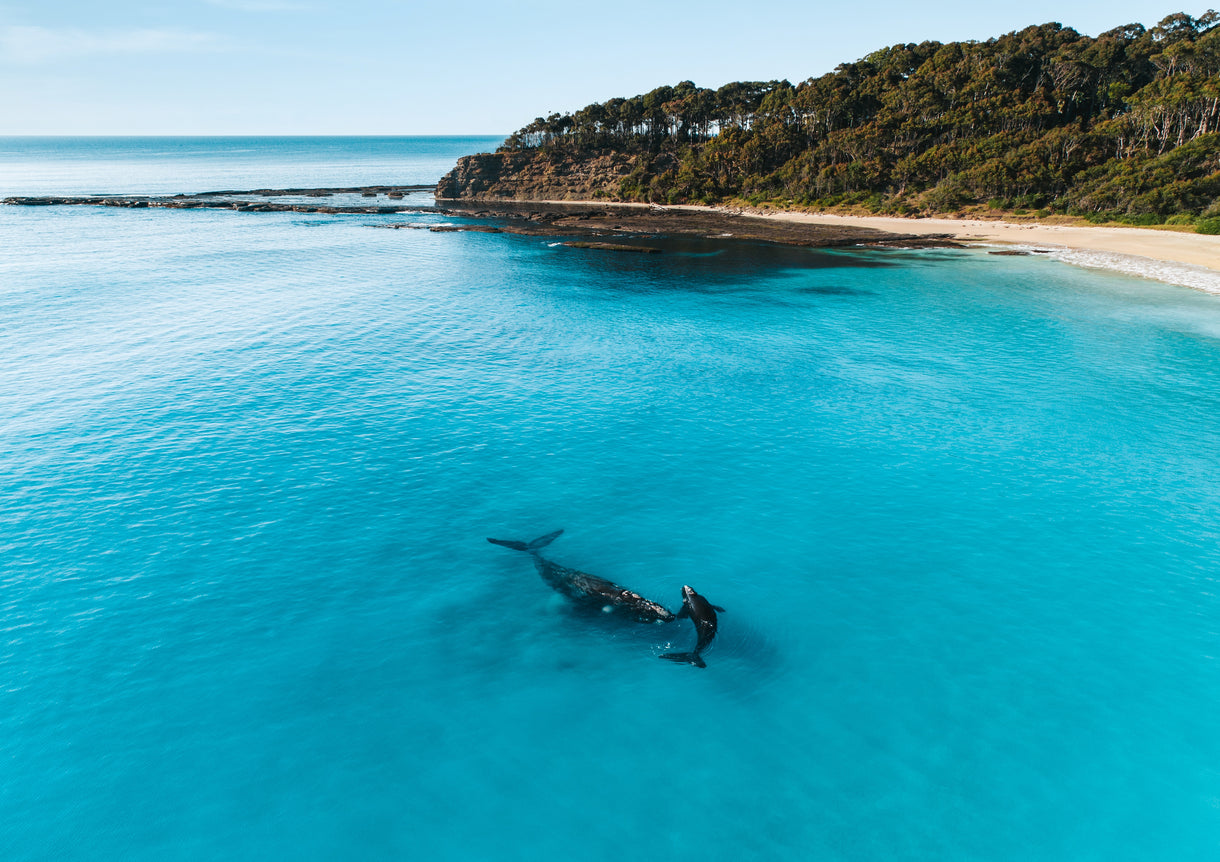
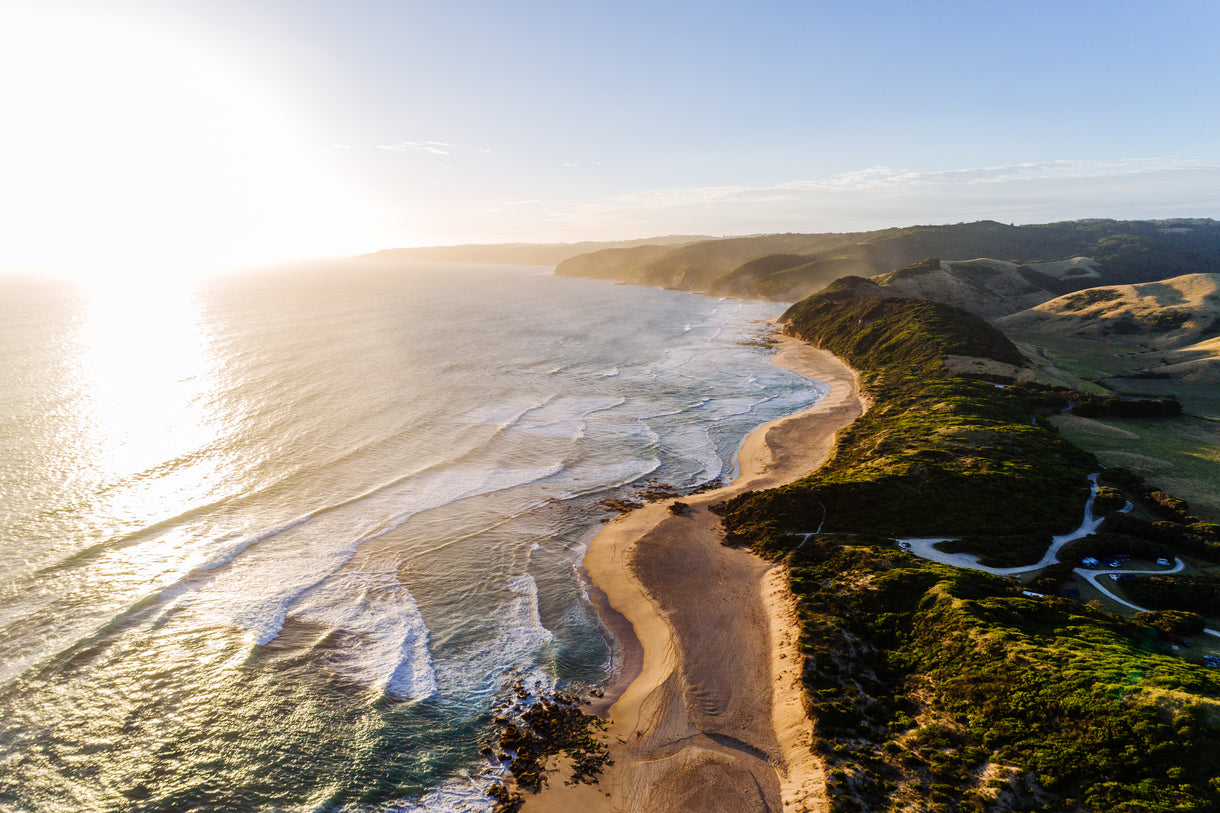
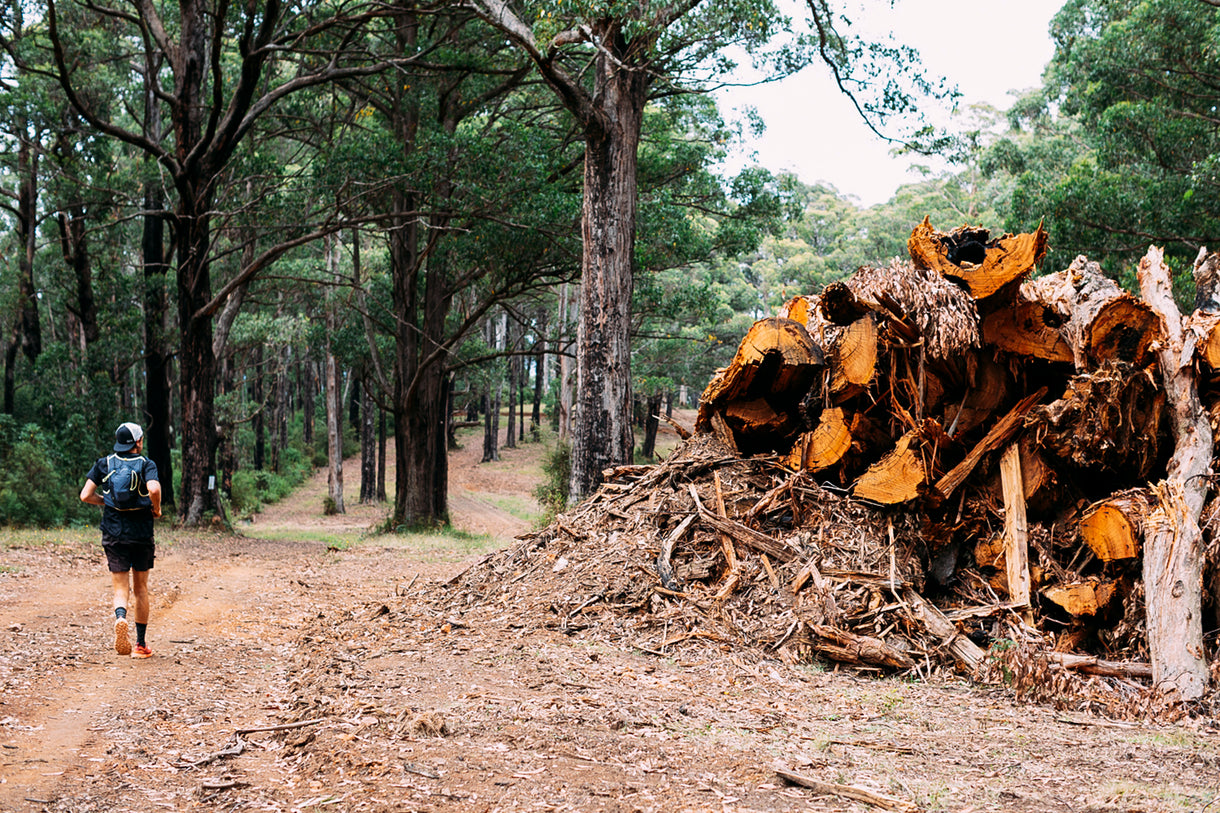
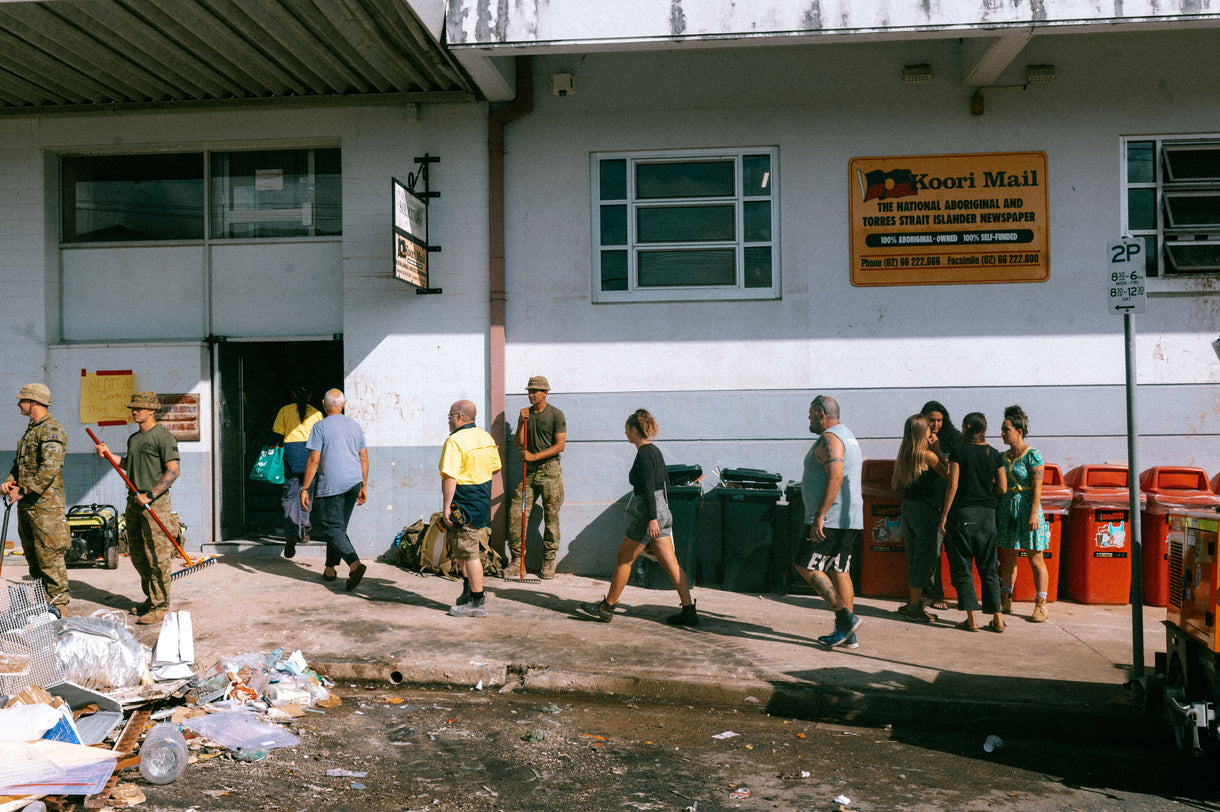

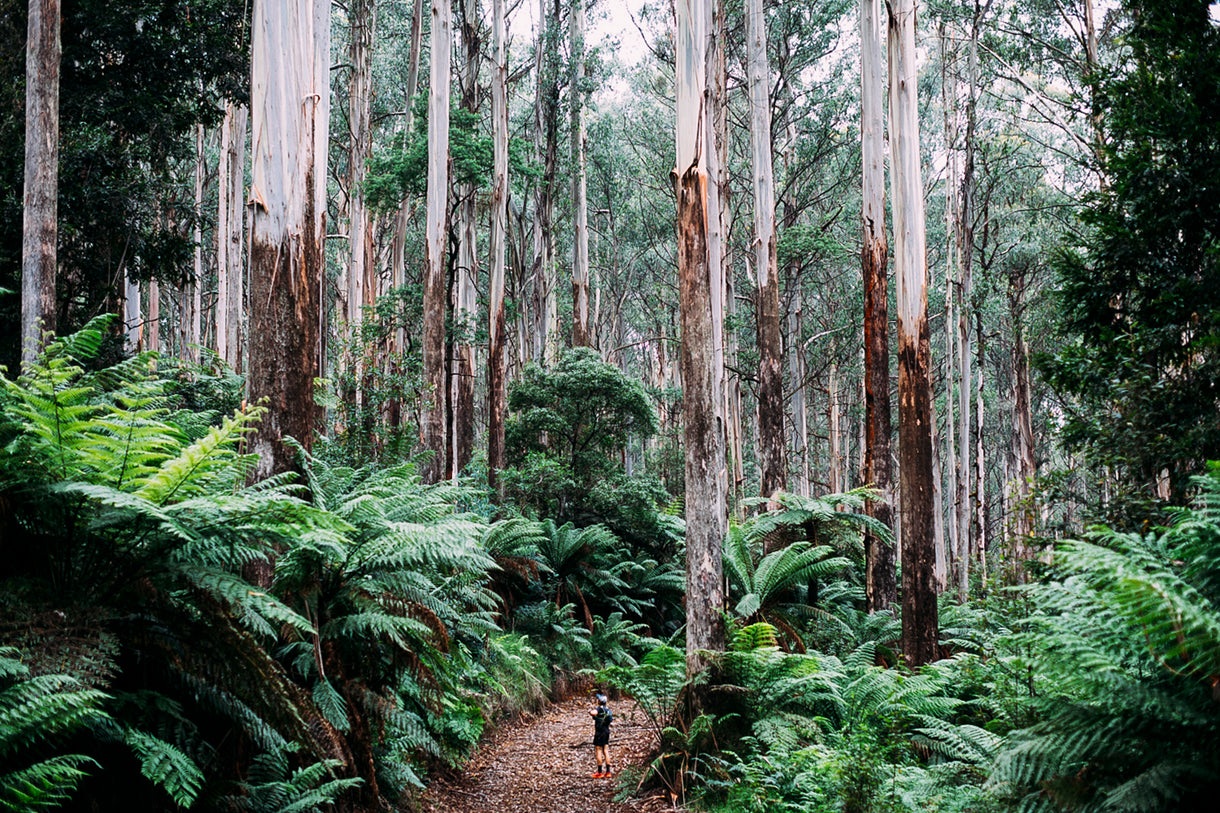
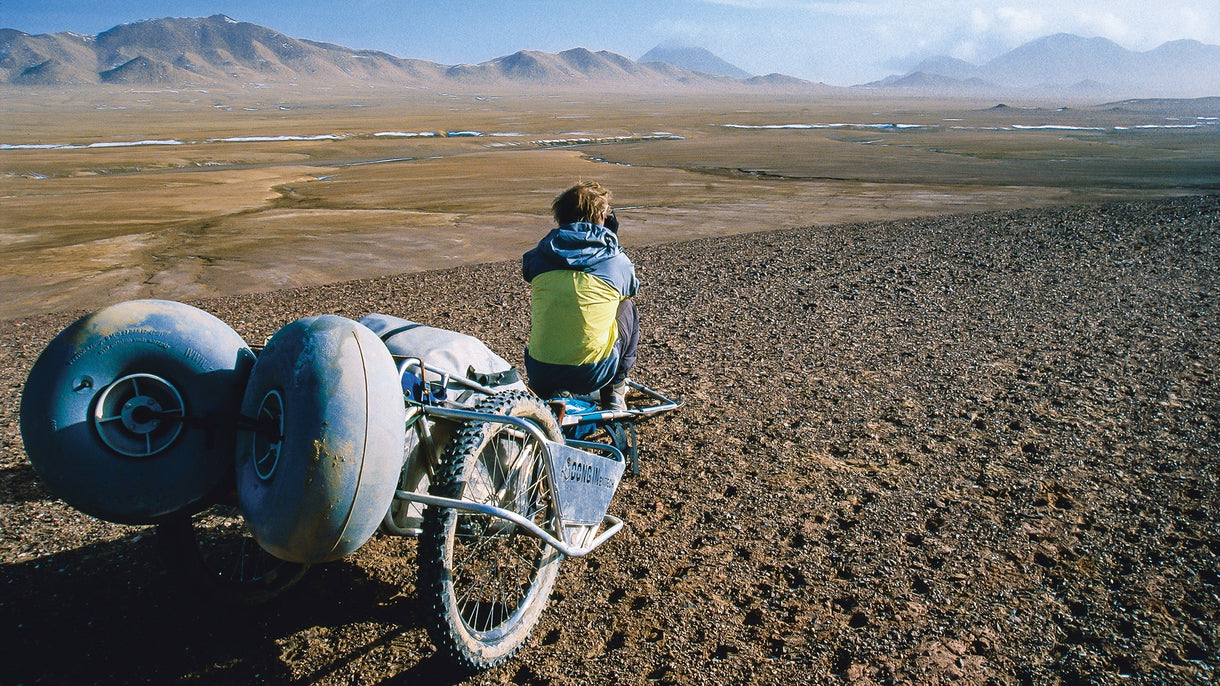
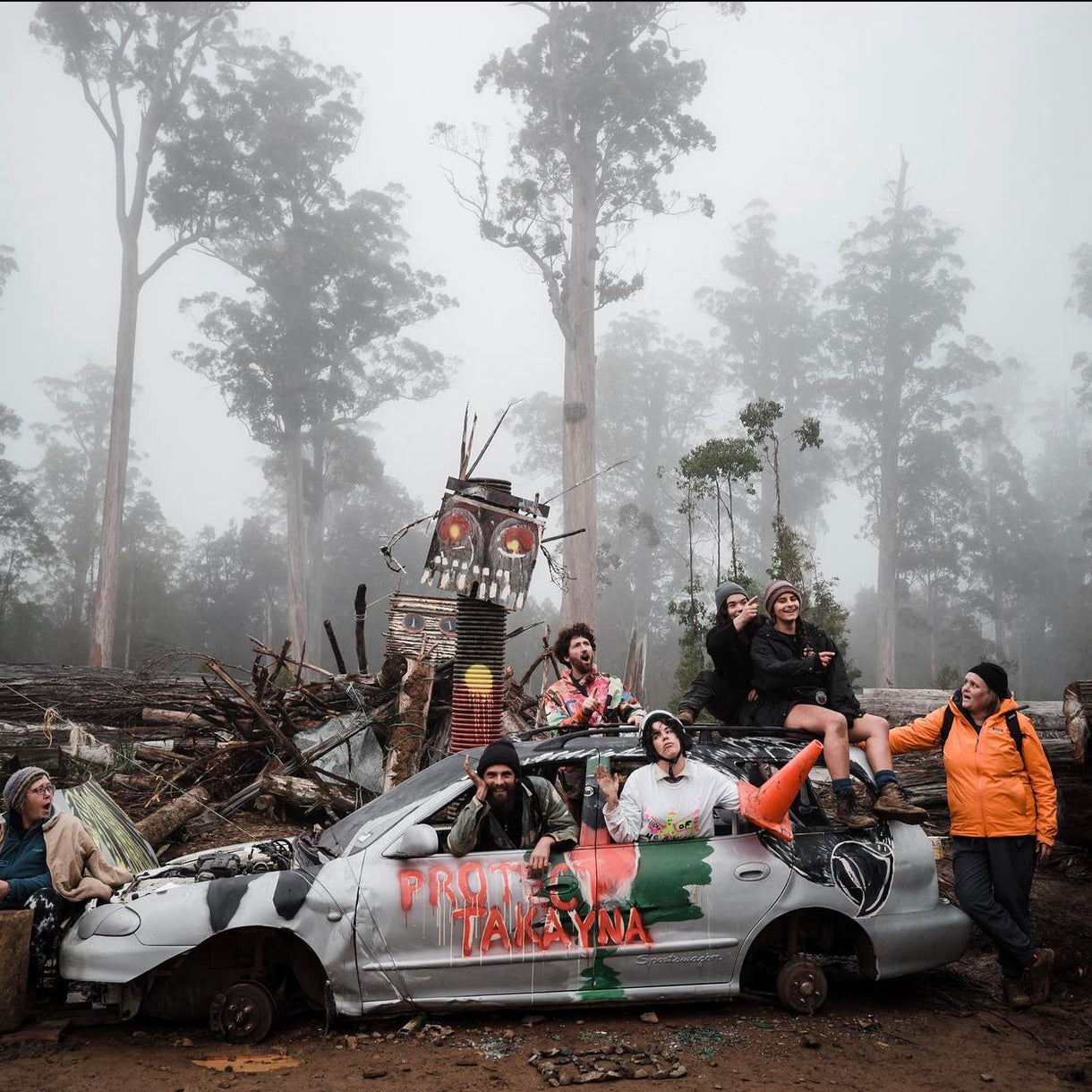
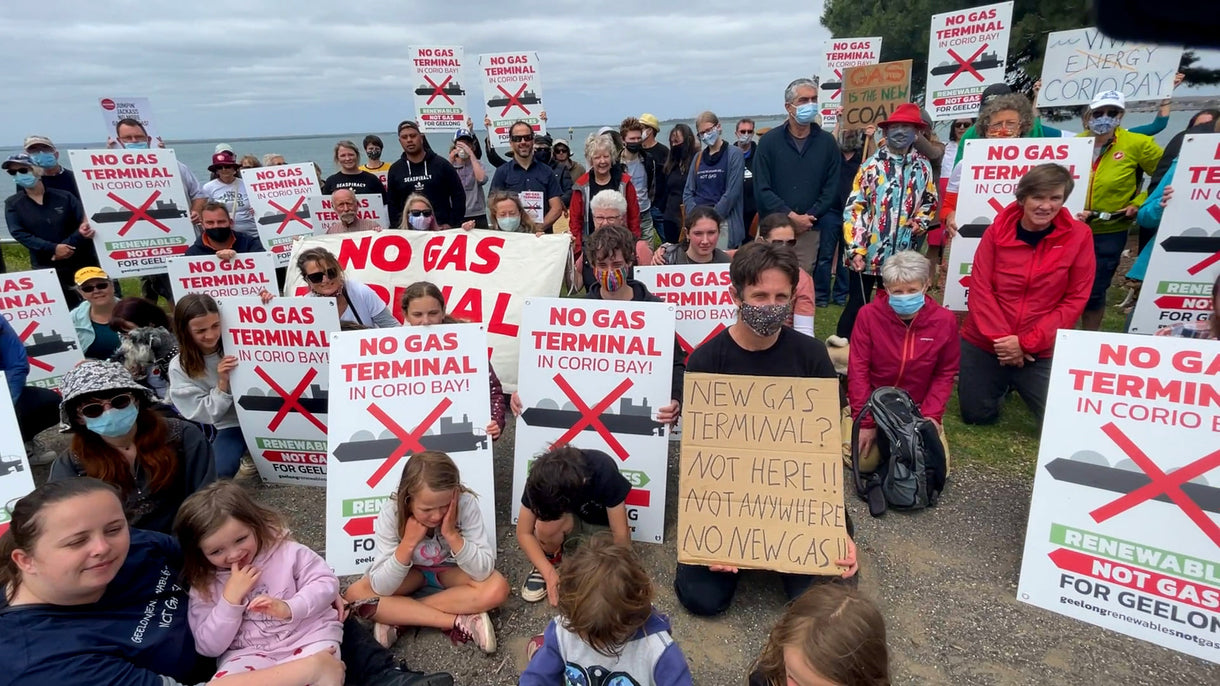
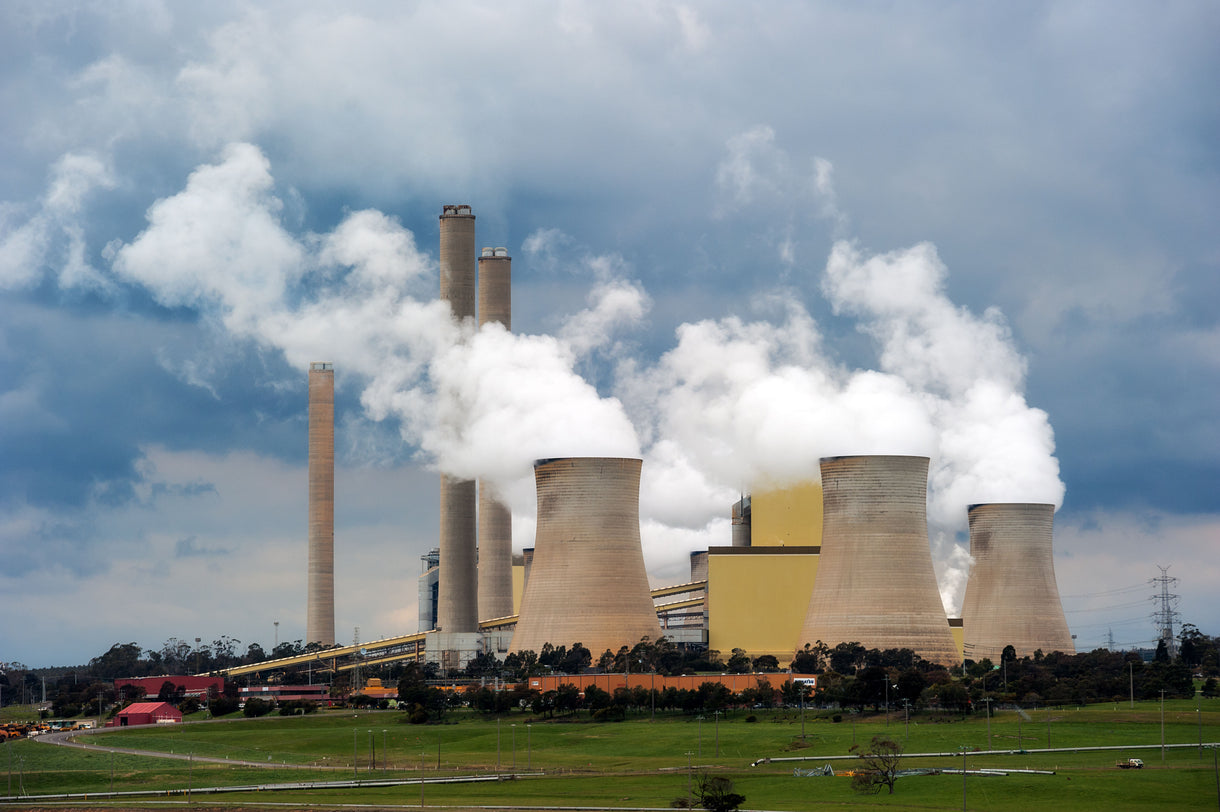
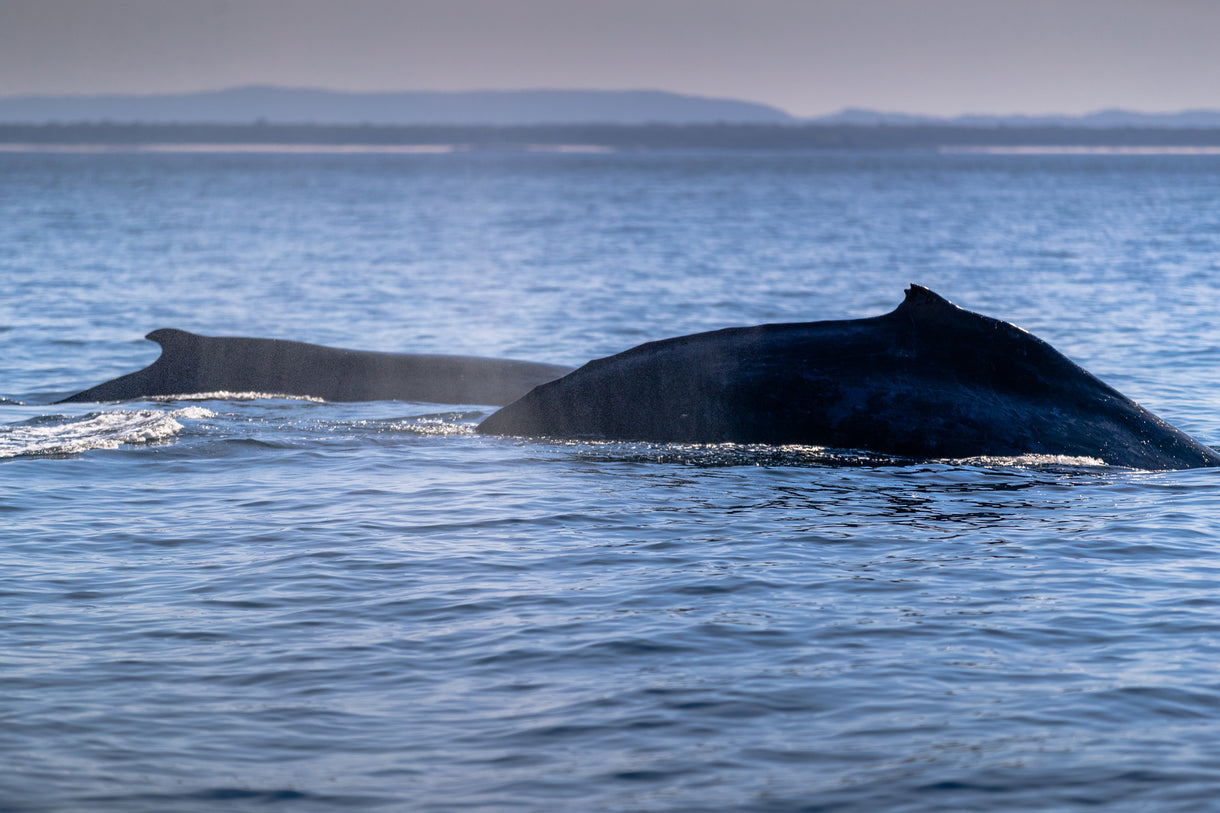
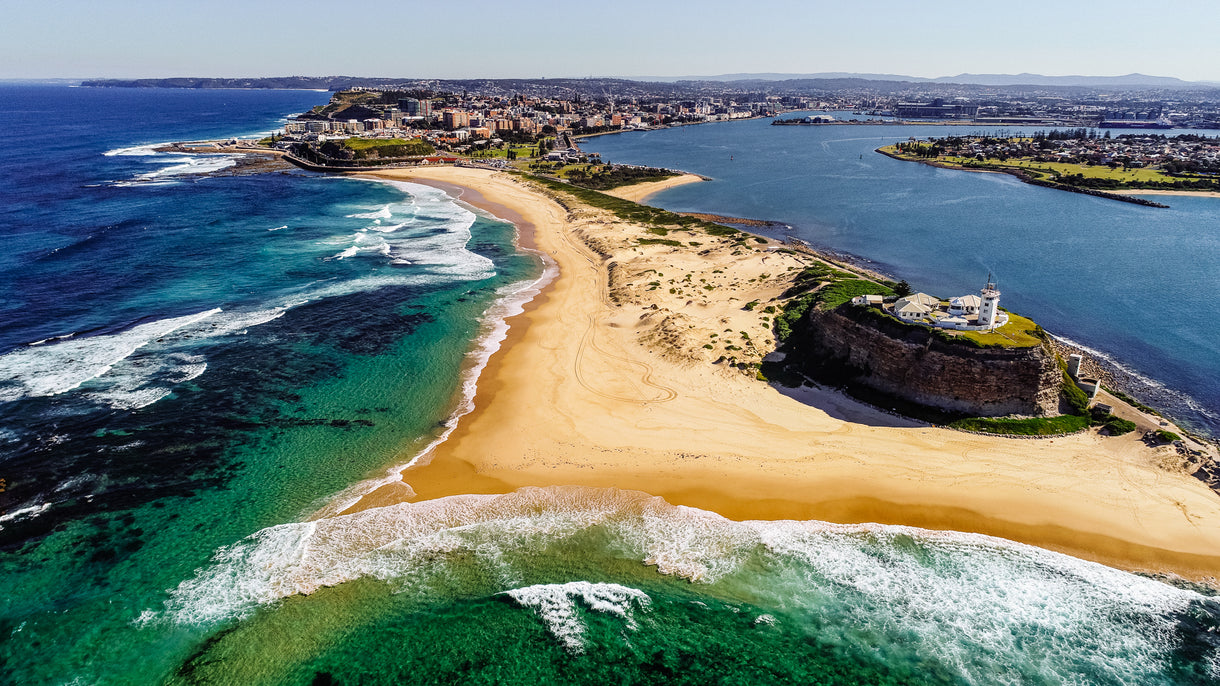
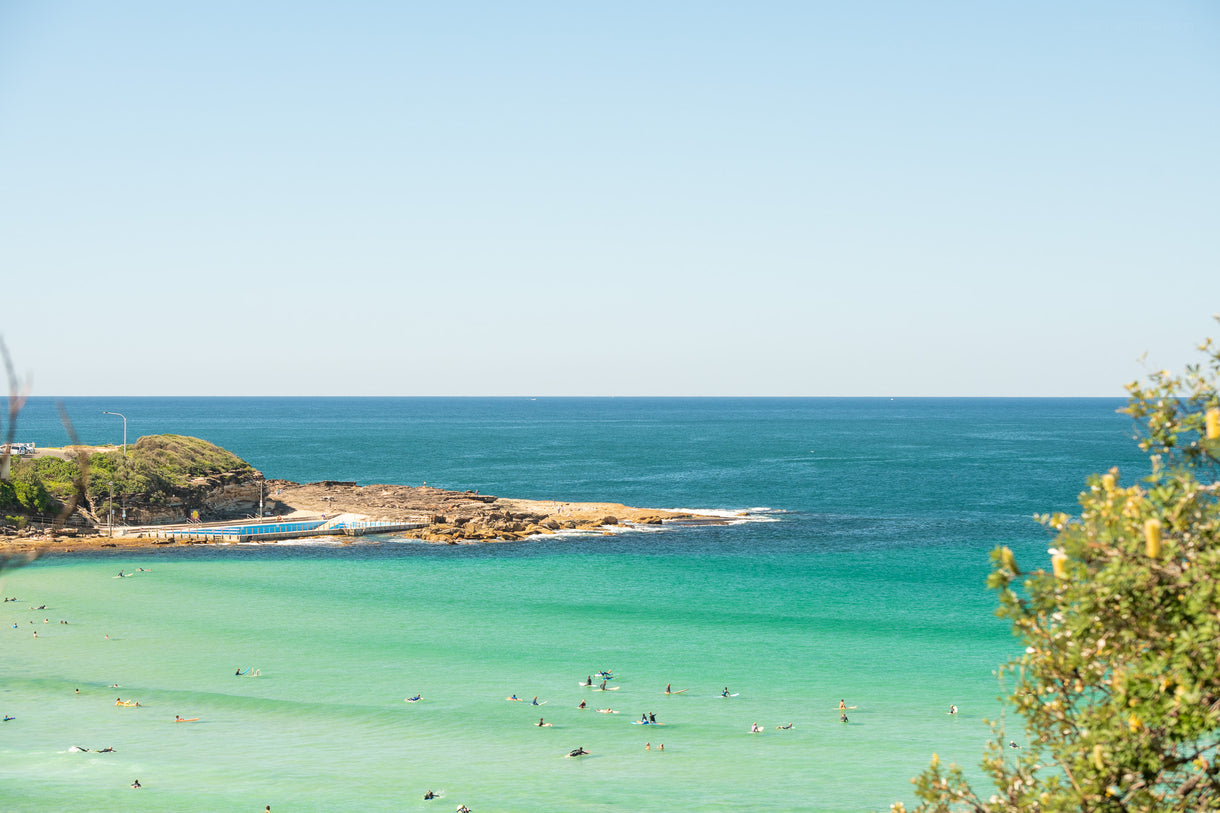
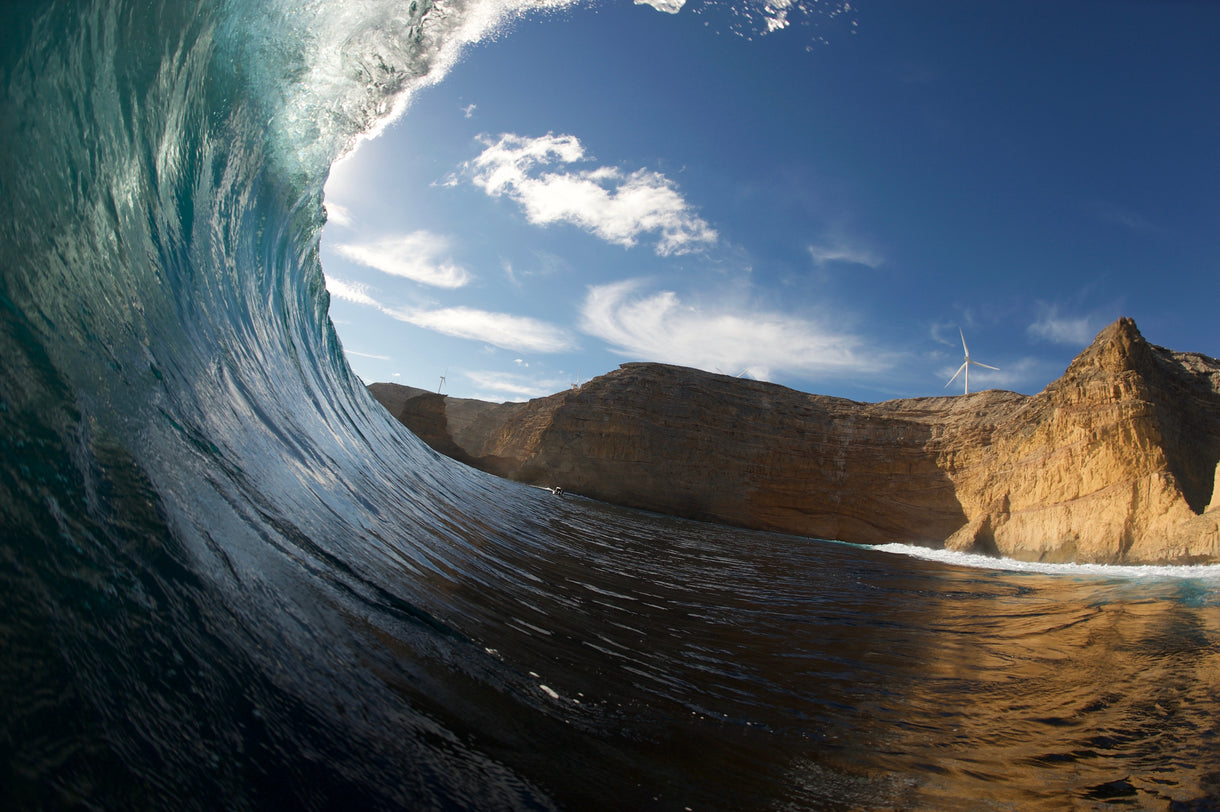
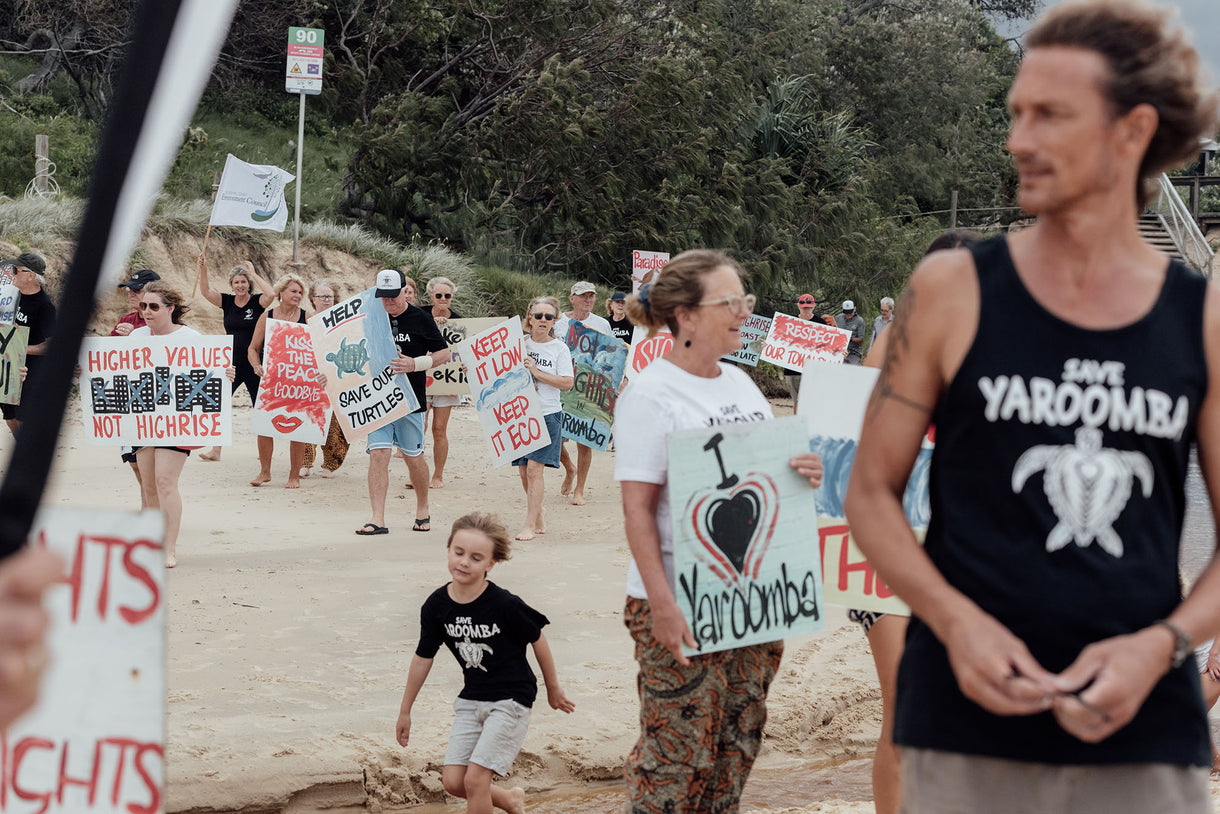
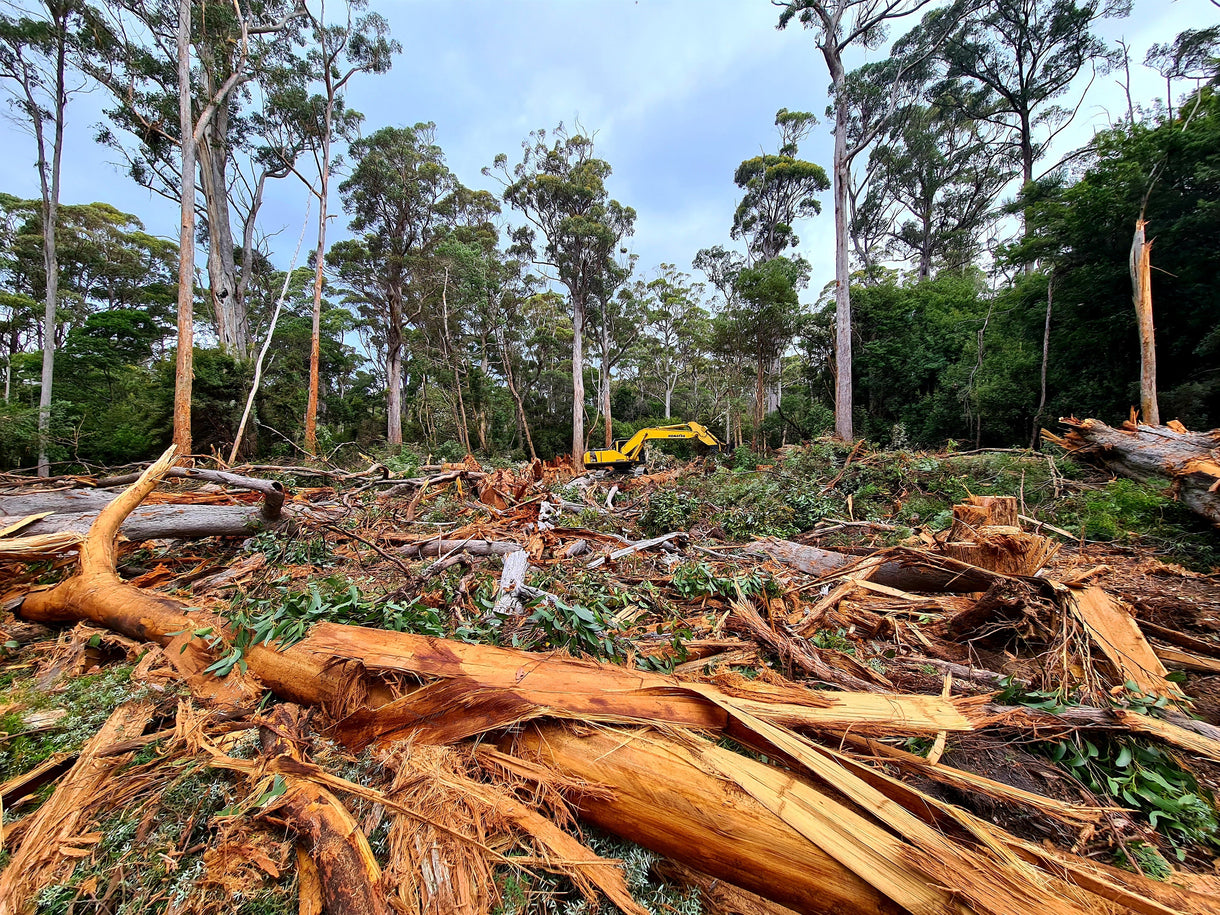
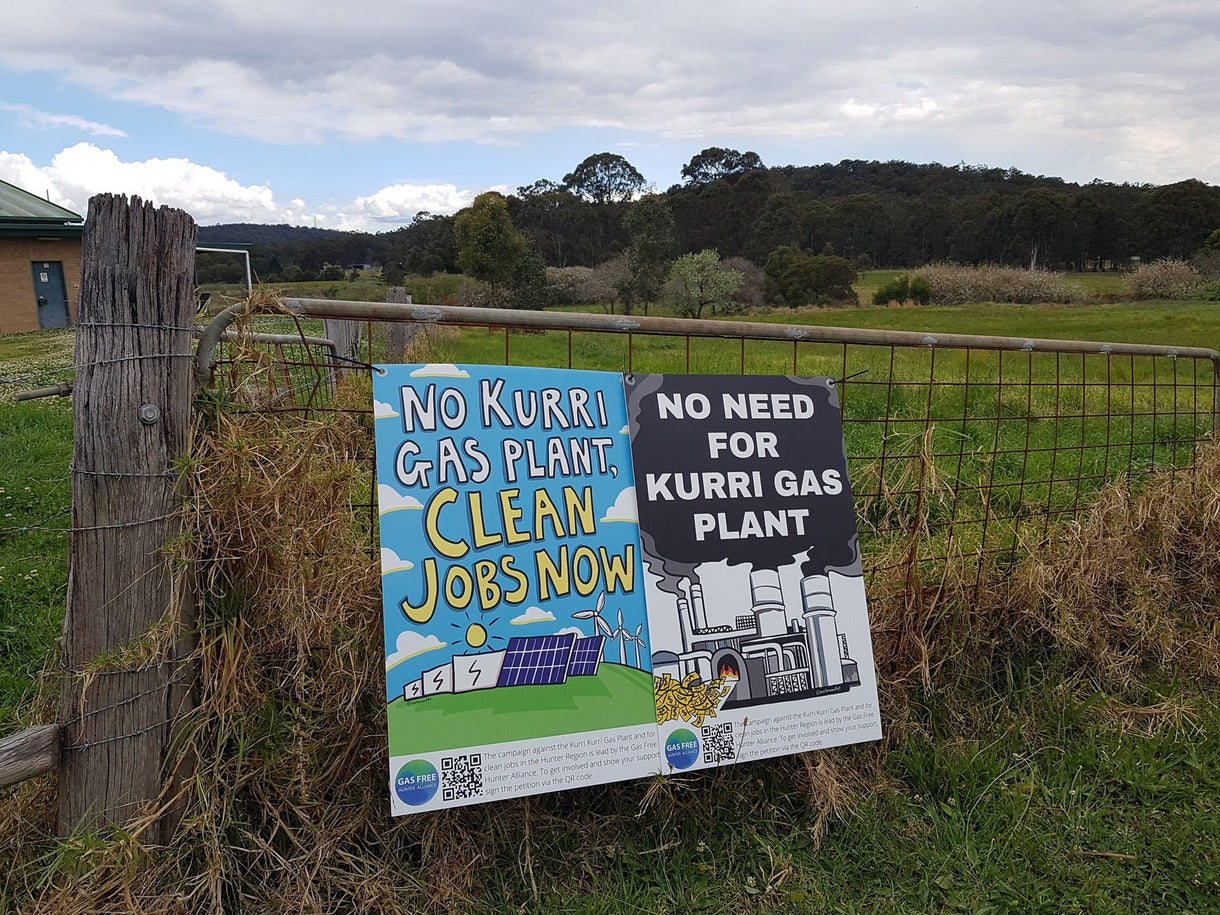
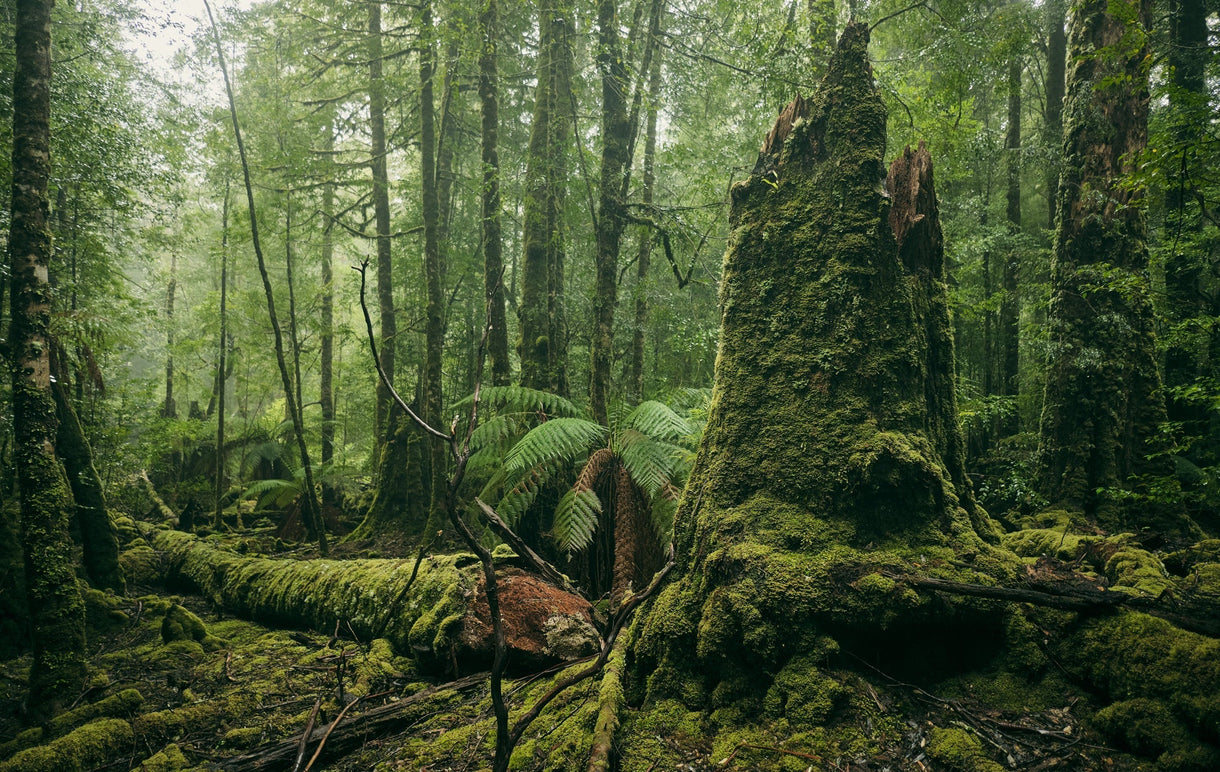
![Today was a huge victory for coastal communities between Sydney and Newcastle. [Front] Damien Cole, Belinda Baggs, Drew McPherson and Asha Niddrie. Photo Zoe Strapp](http://www.patagonia.com.au/cdn/shop/articles/strapp_z_AUS_000142_b147f38f-4f28-4e66-a3ea-89fccd422484_1220x.jpg?v=1650419749)
